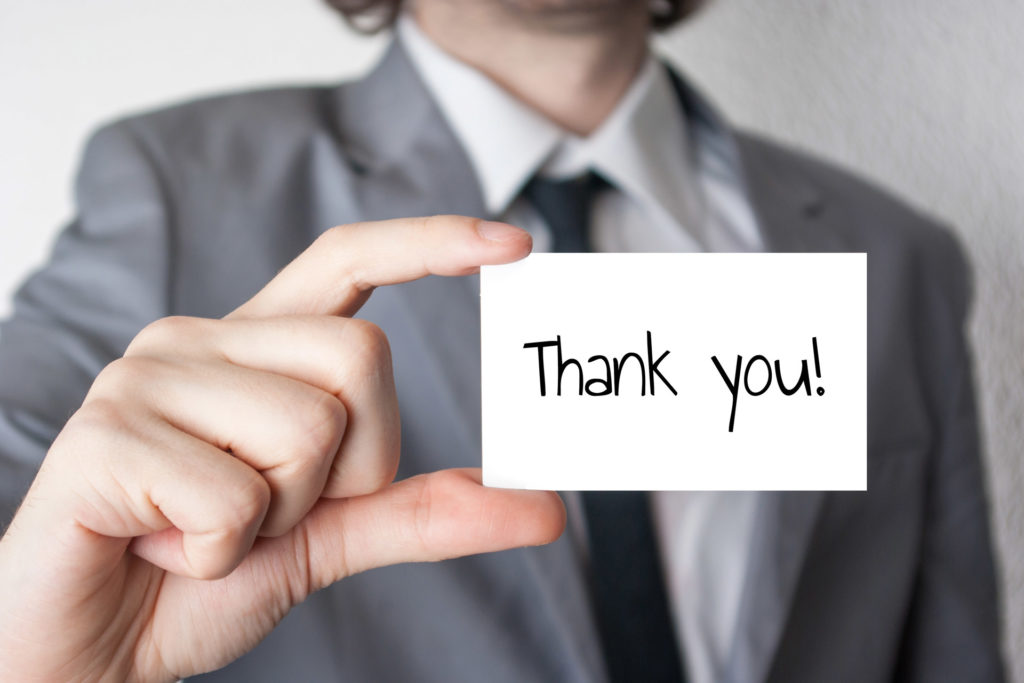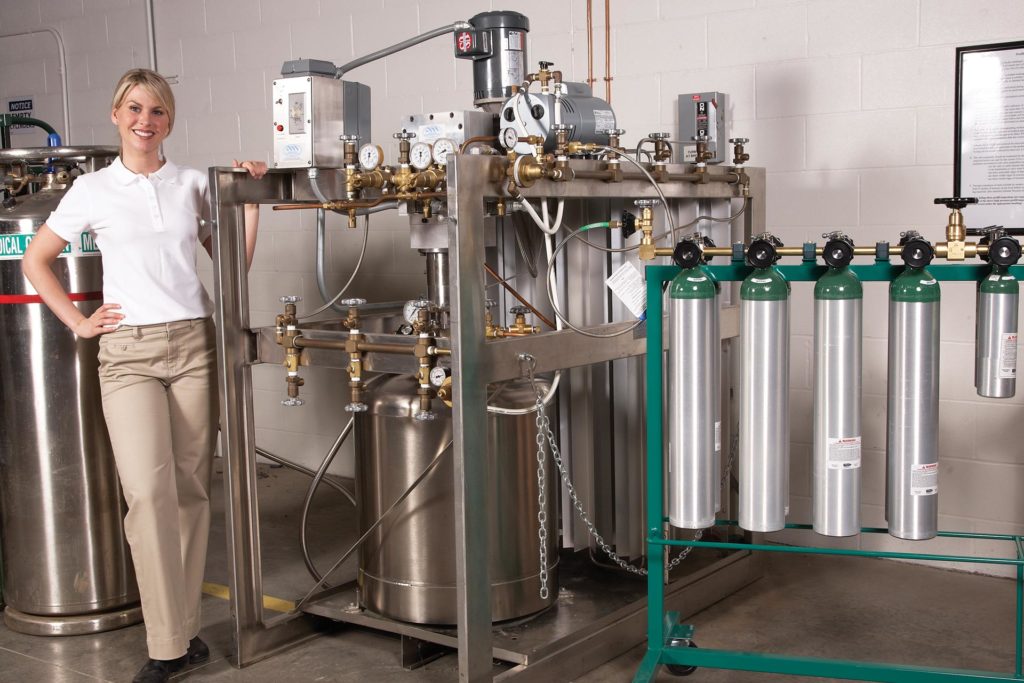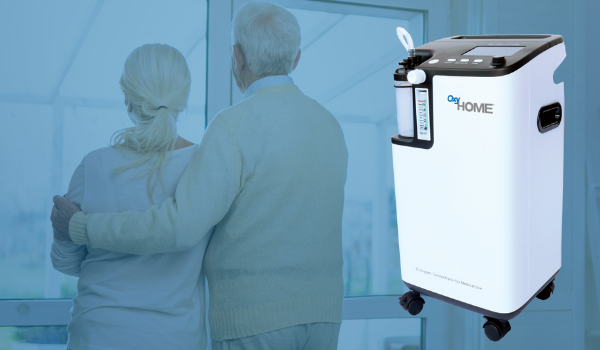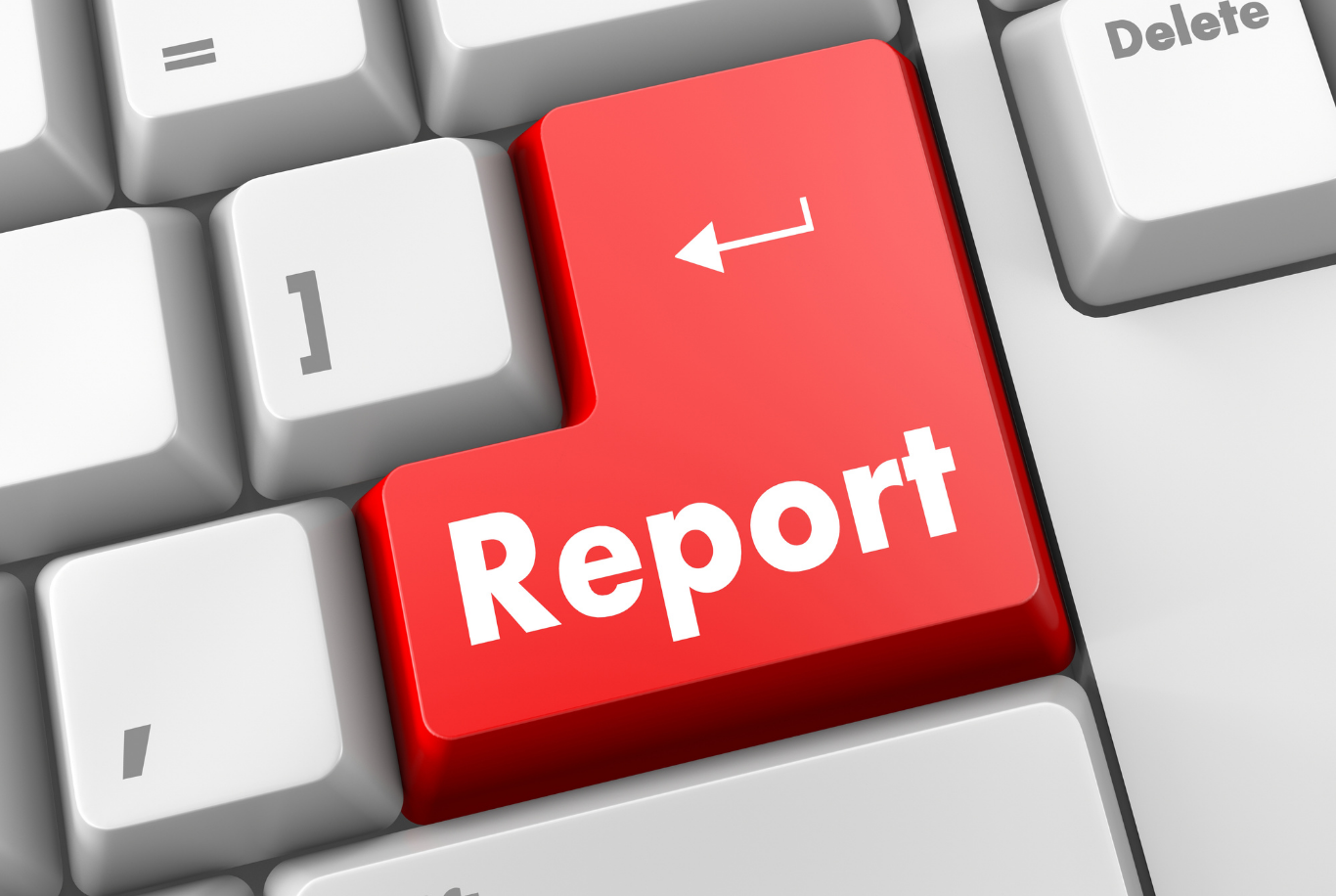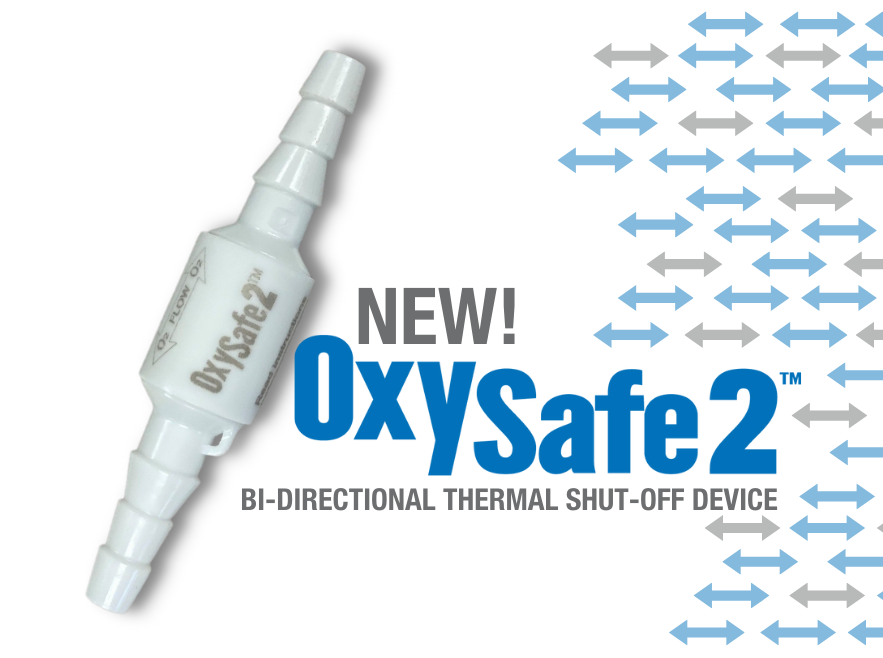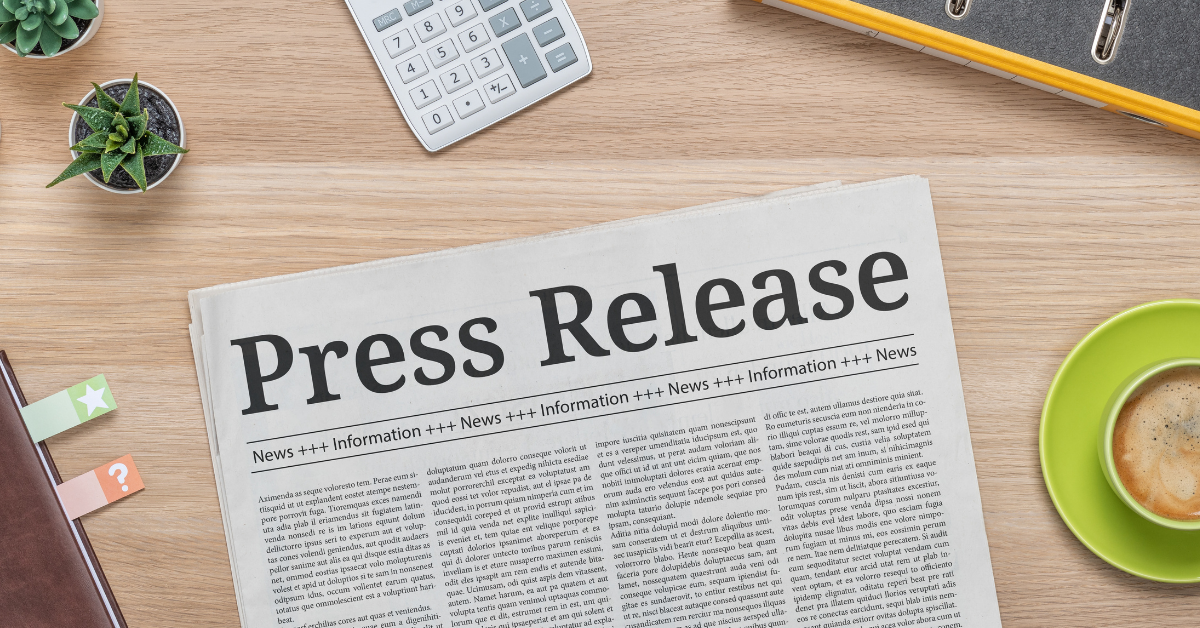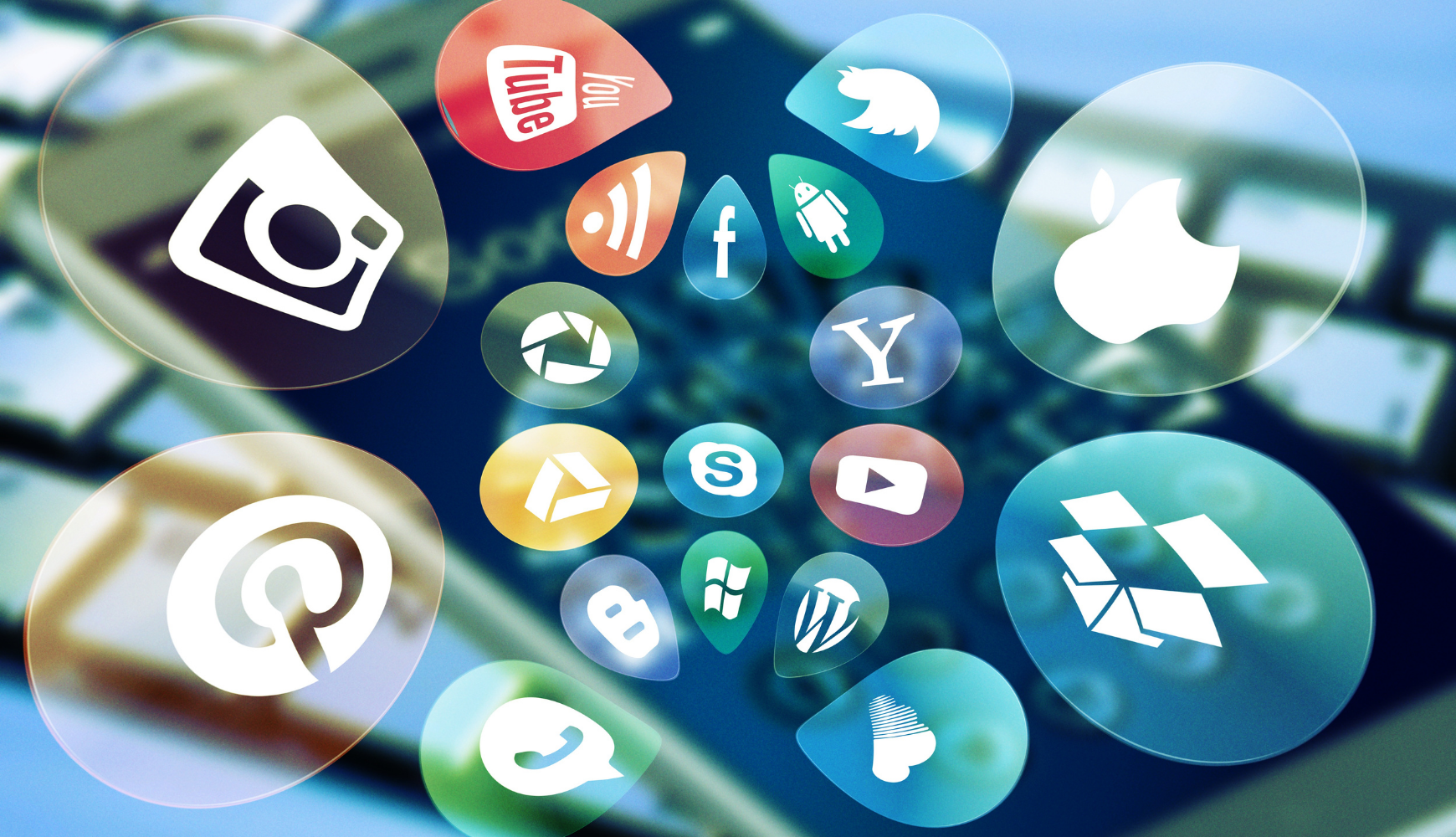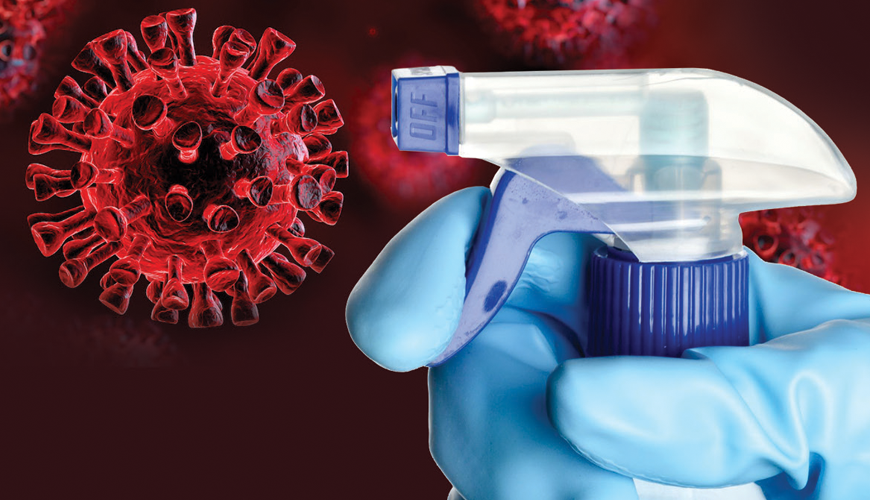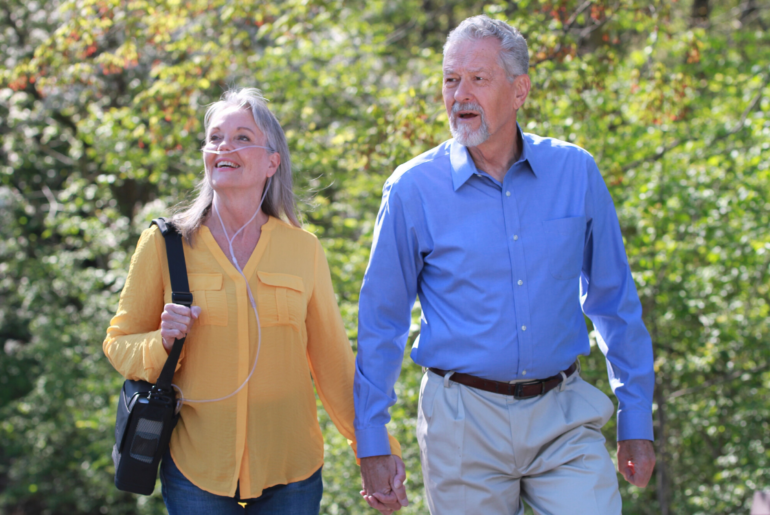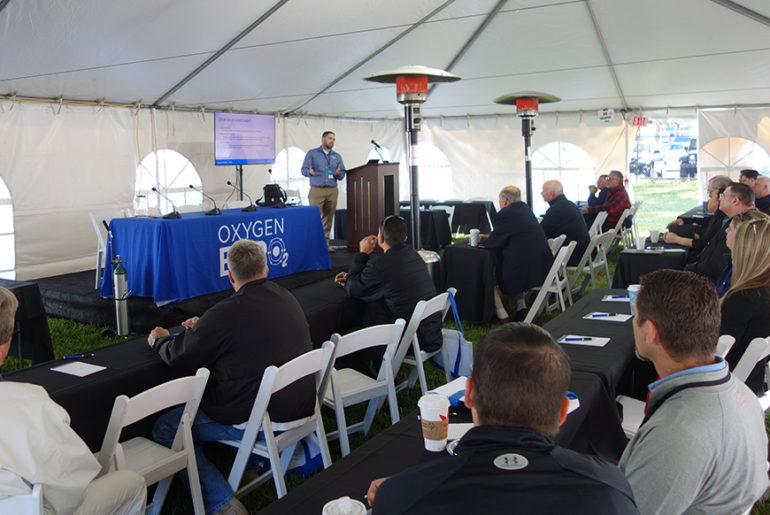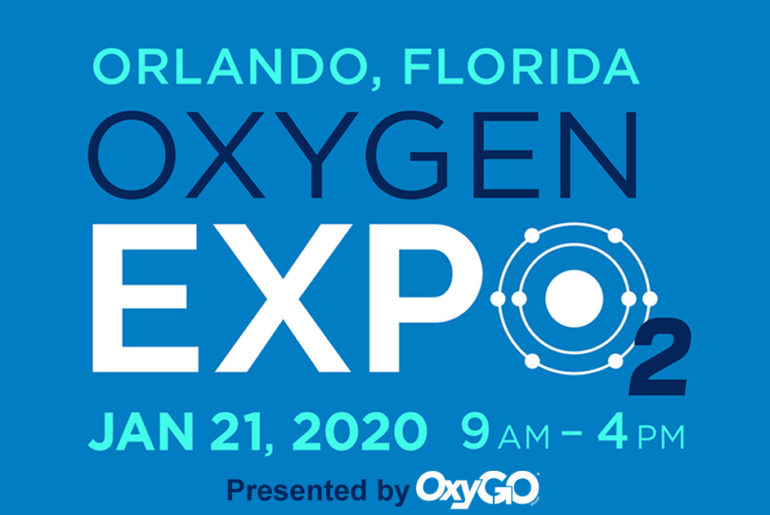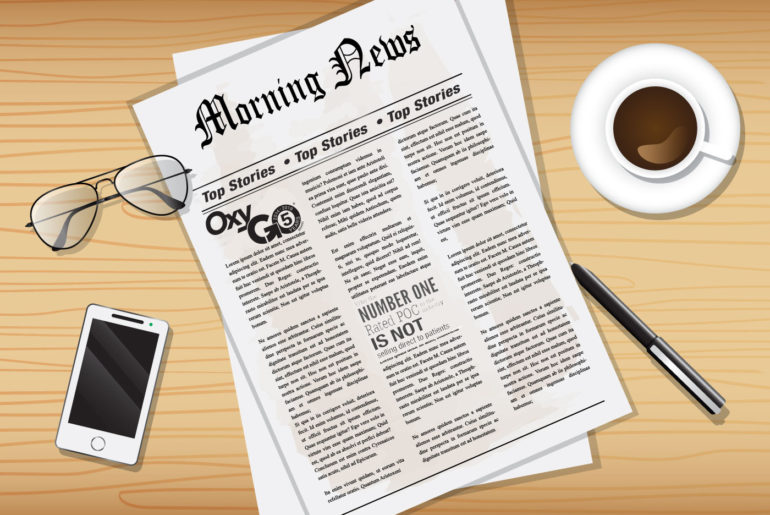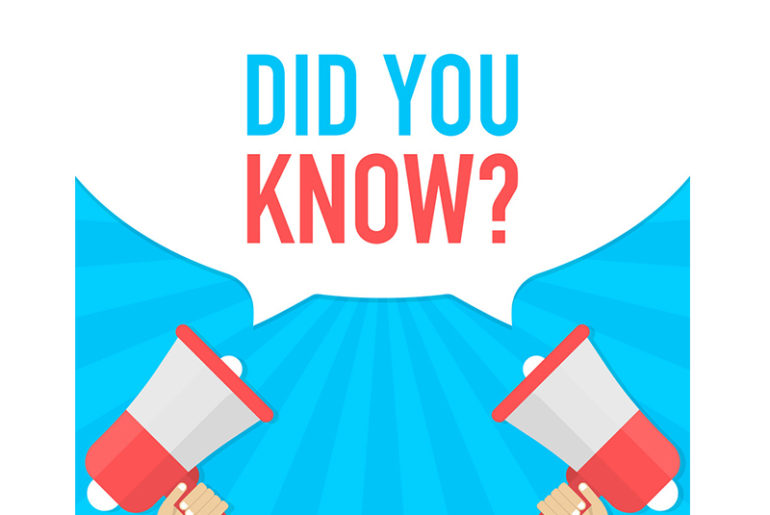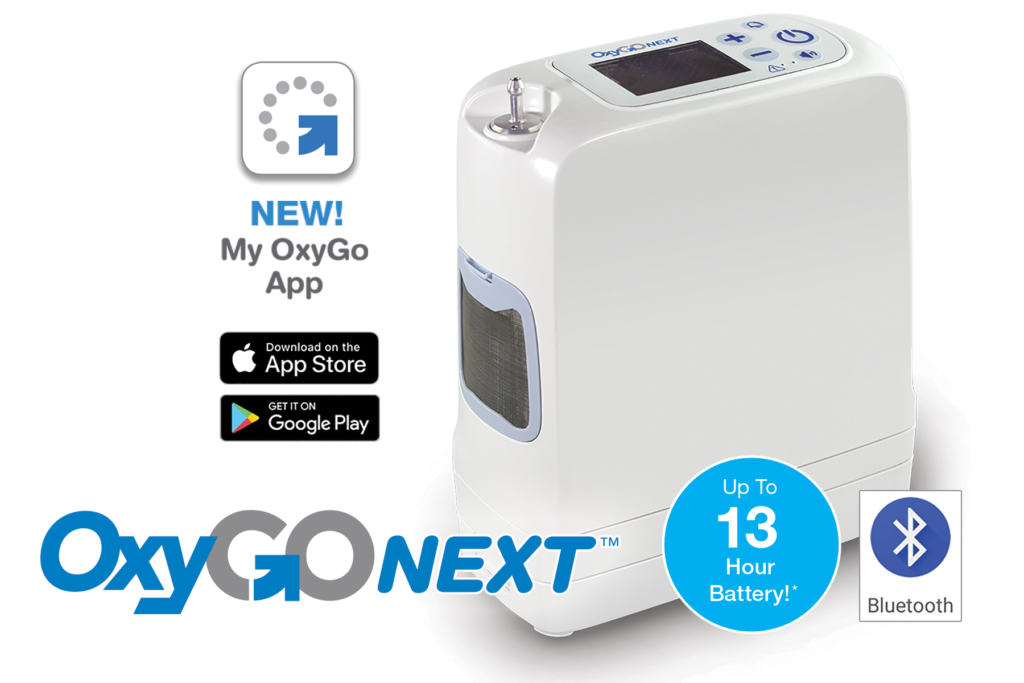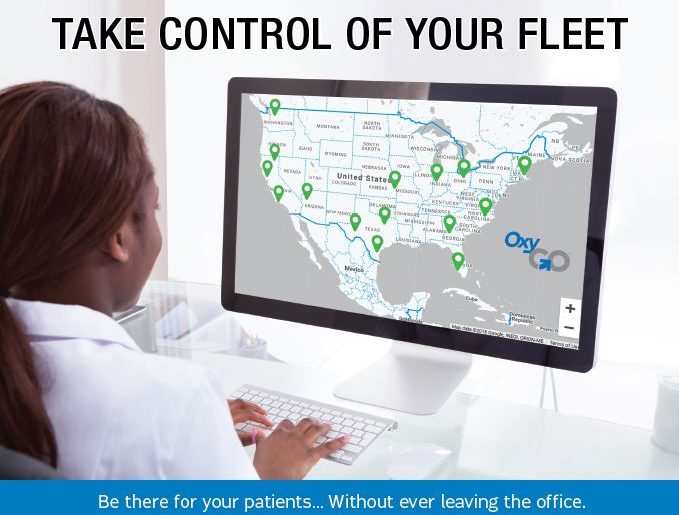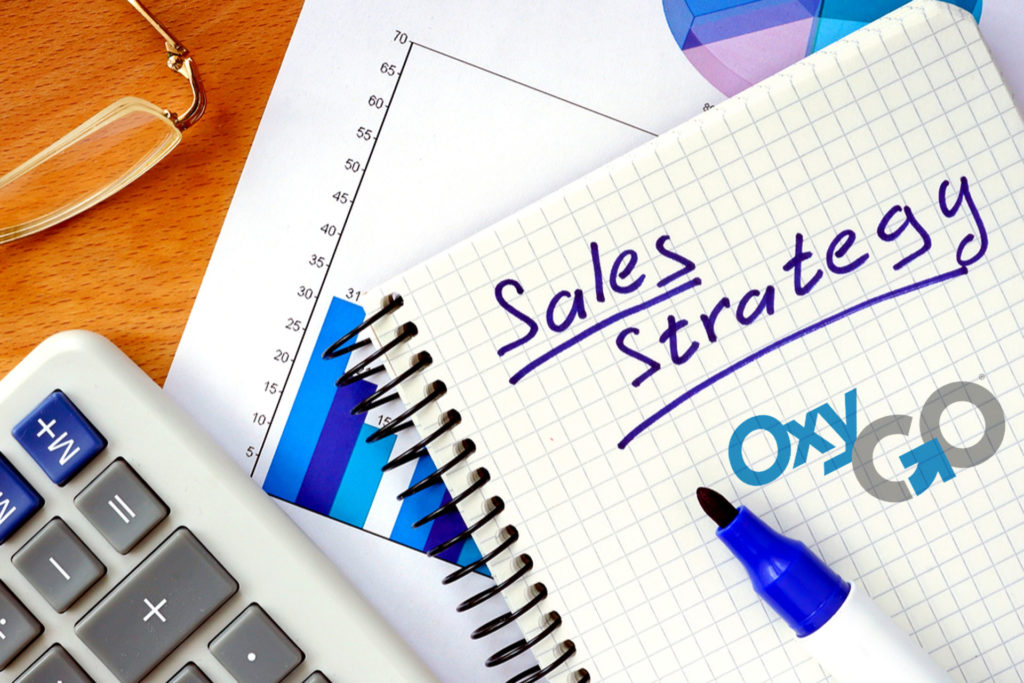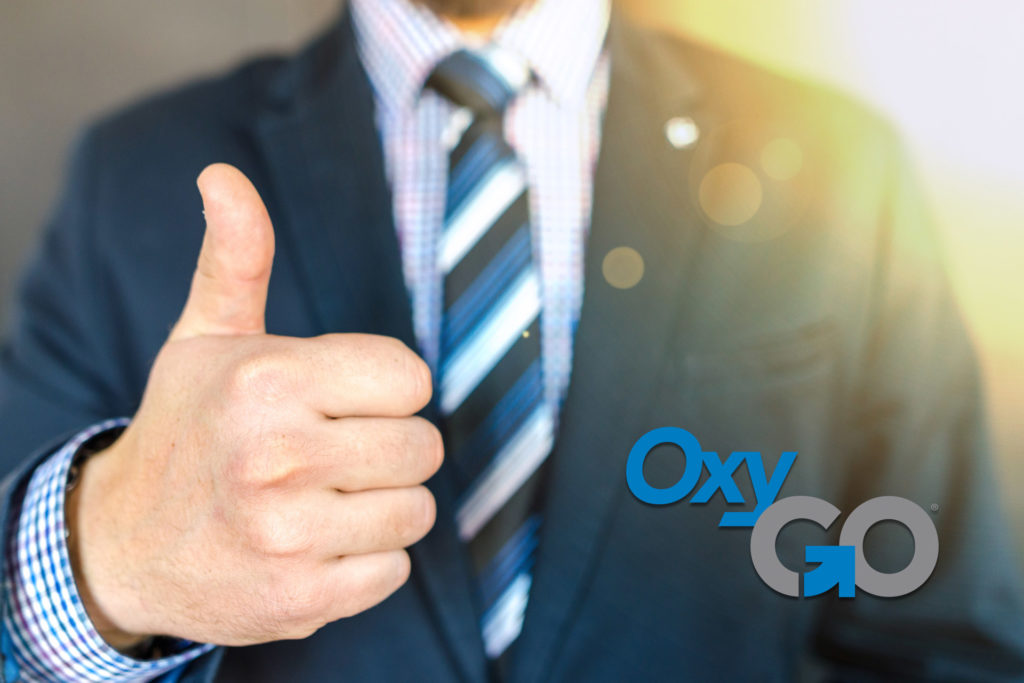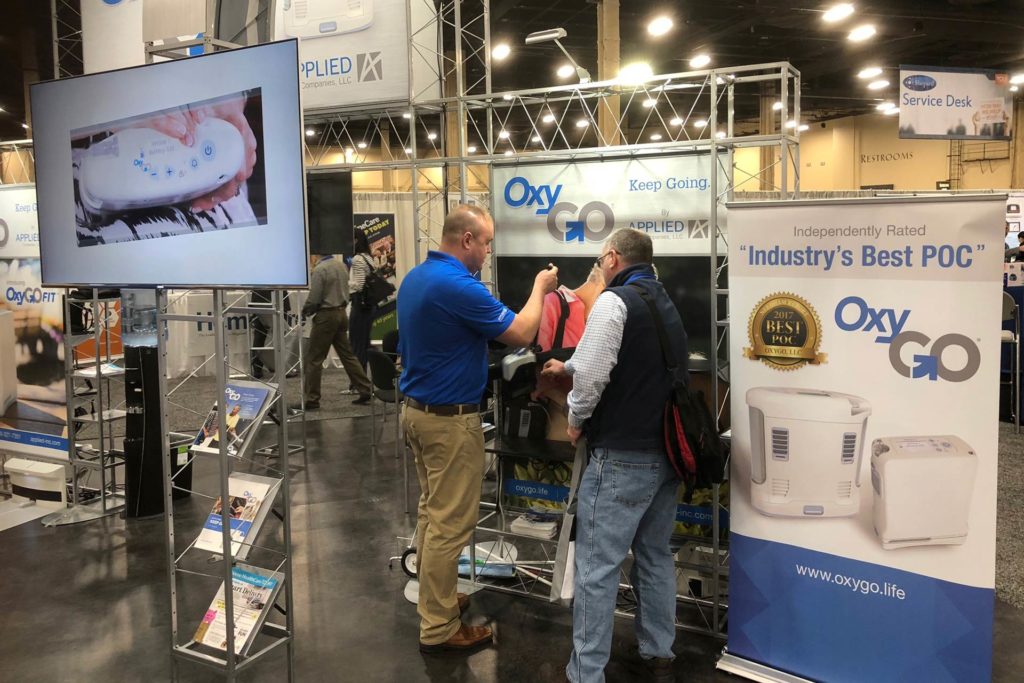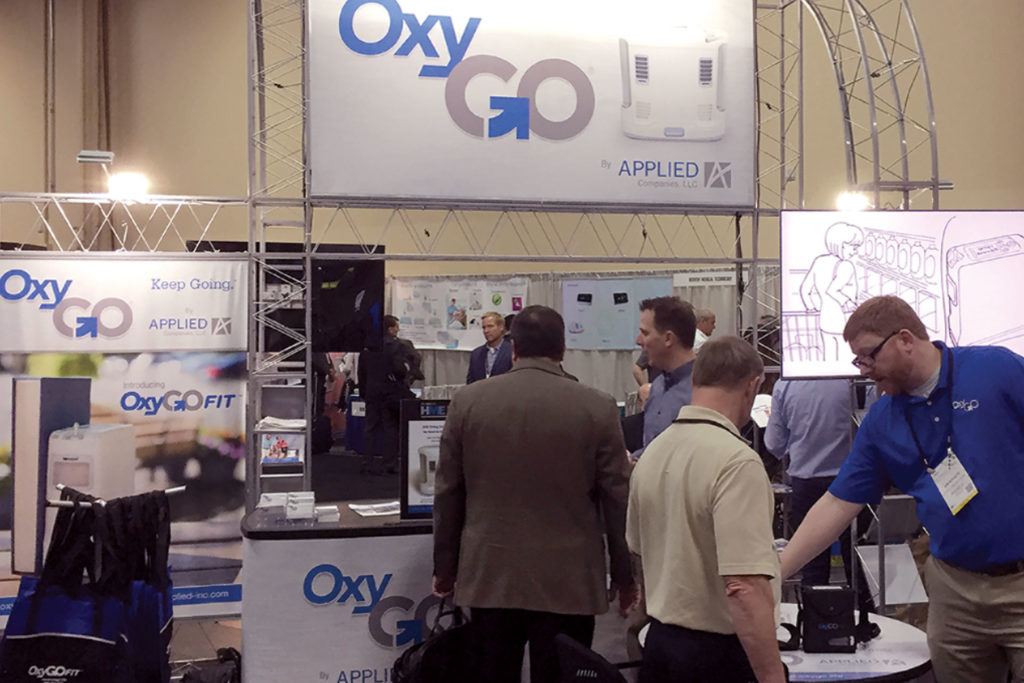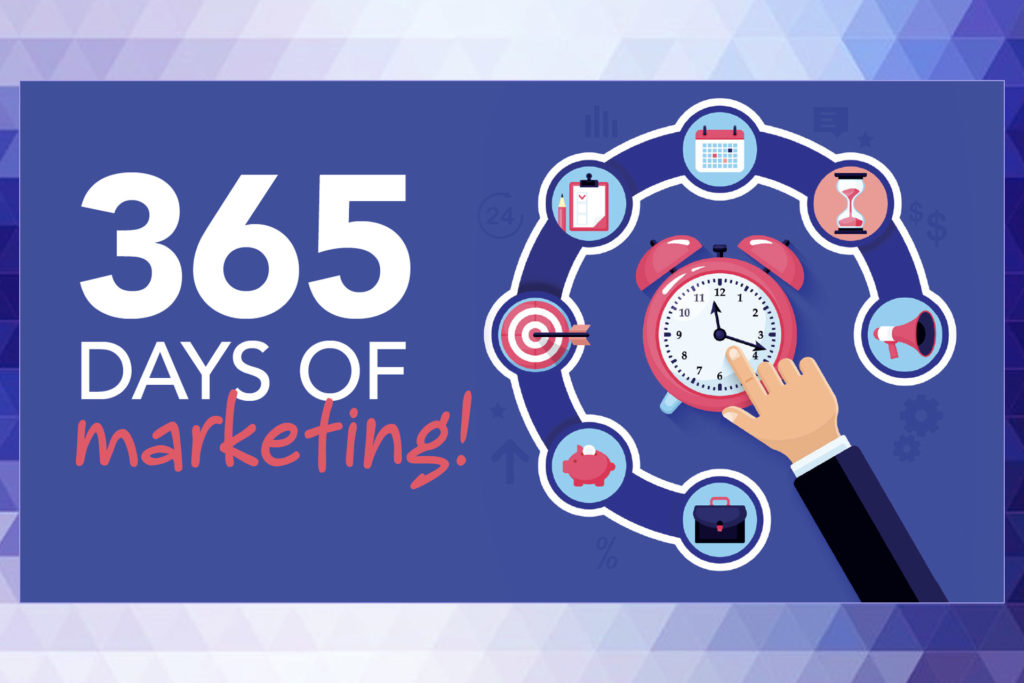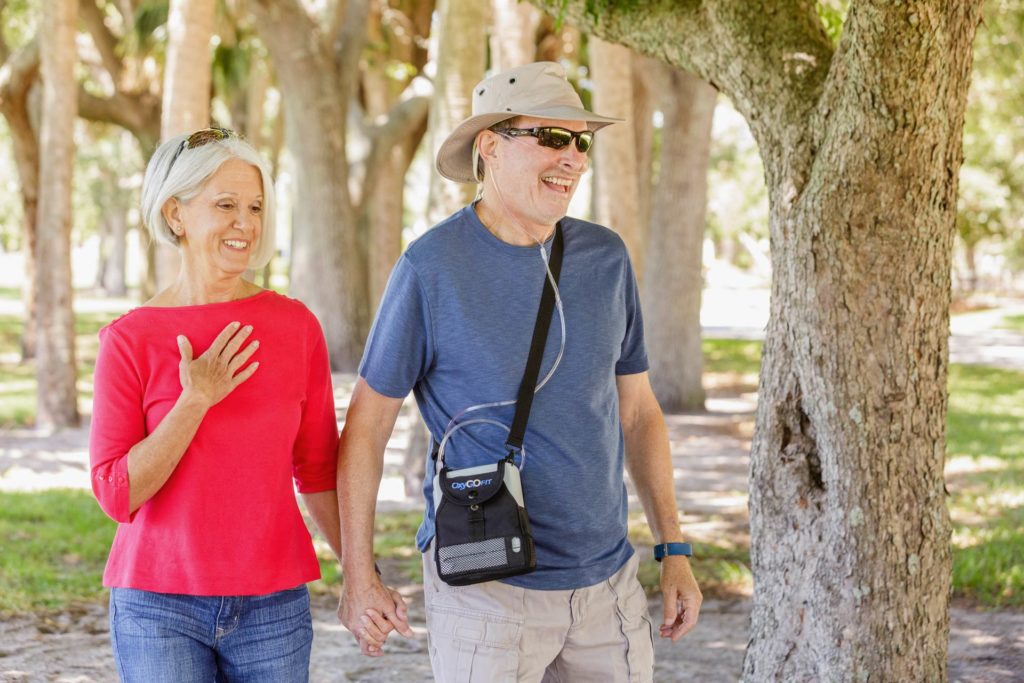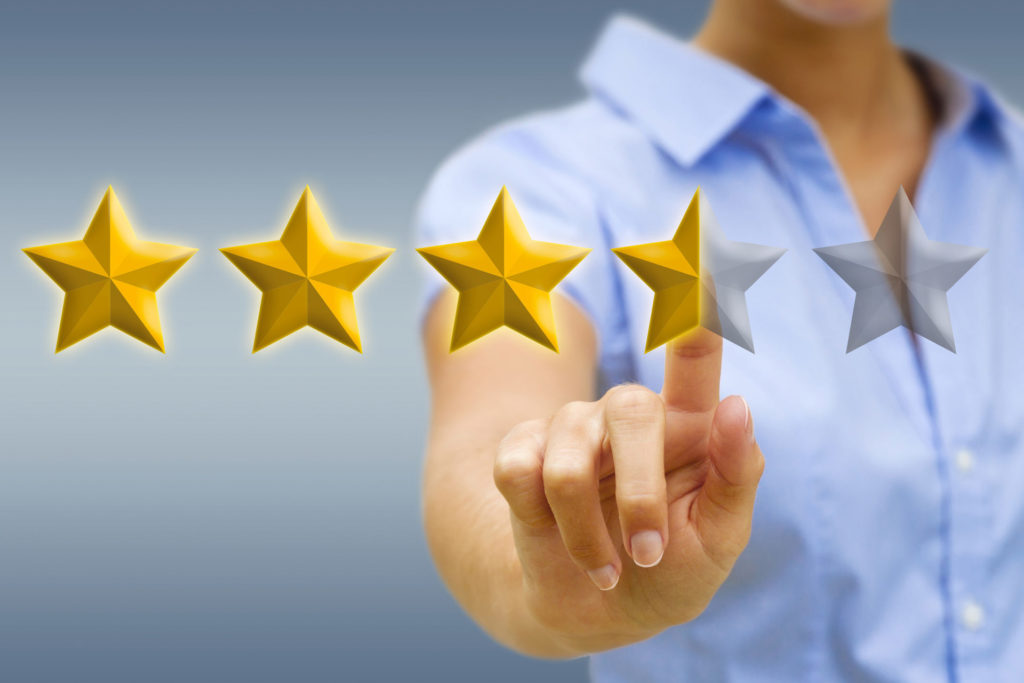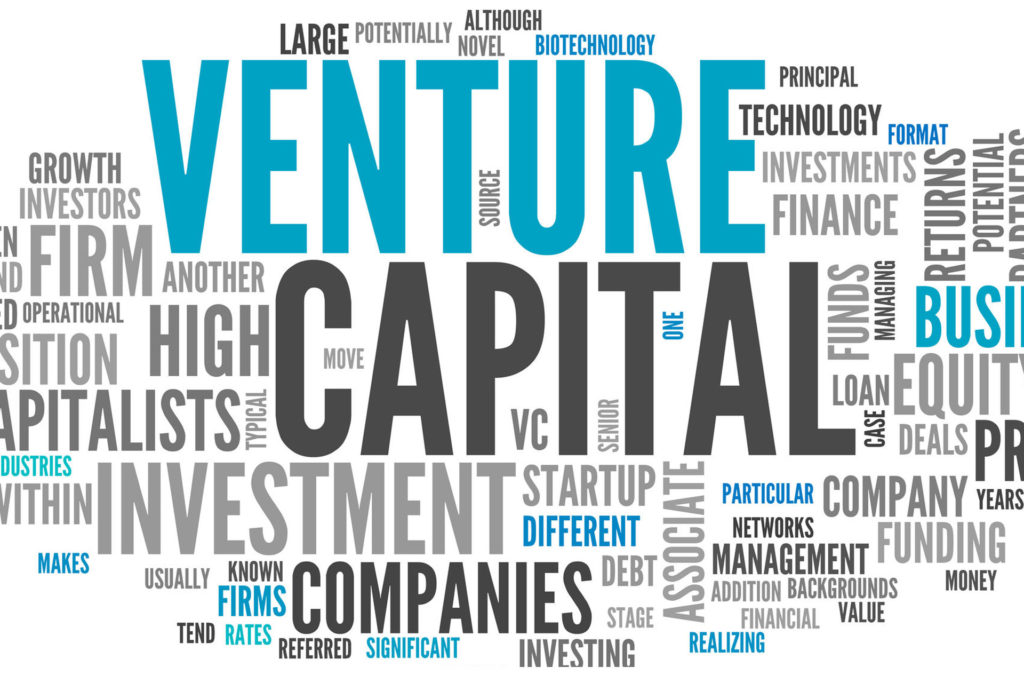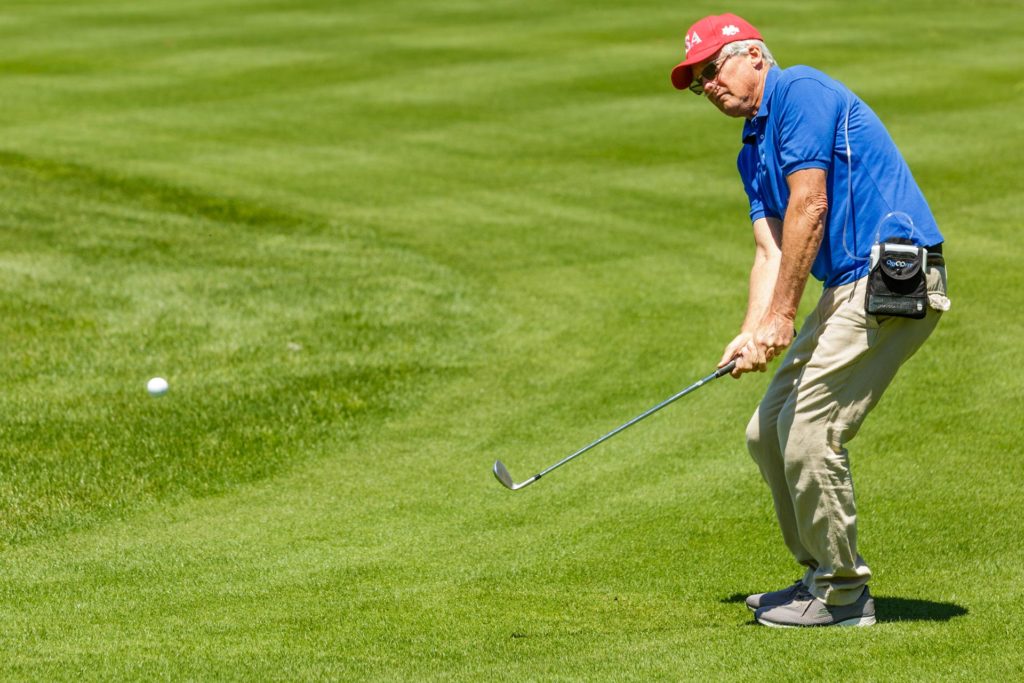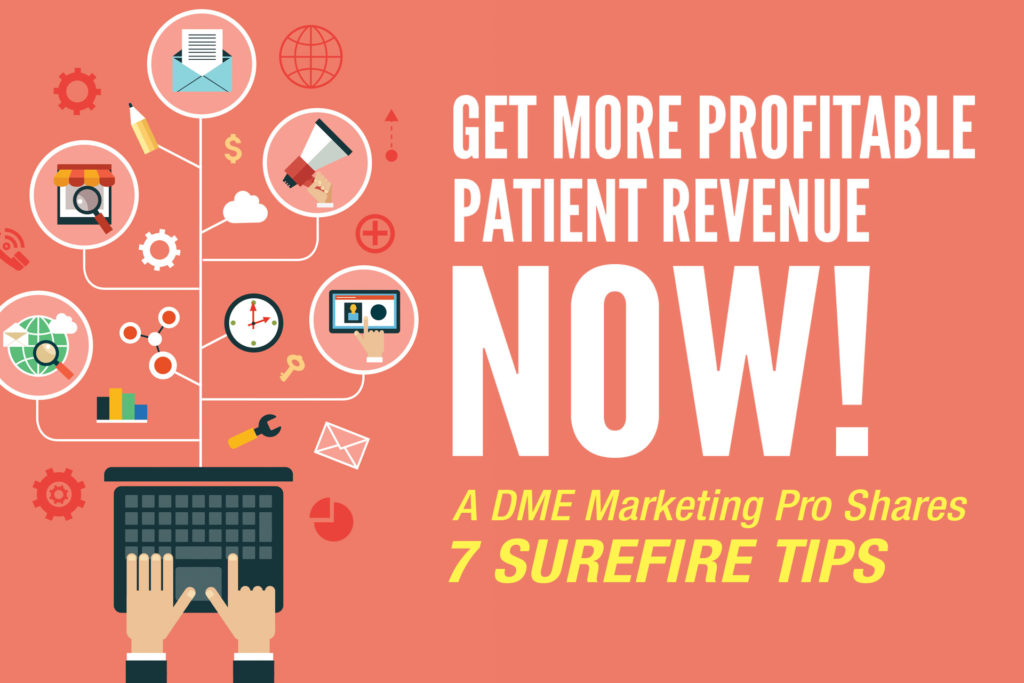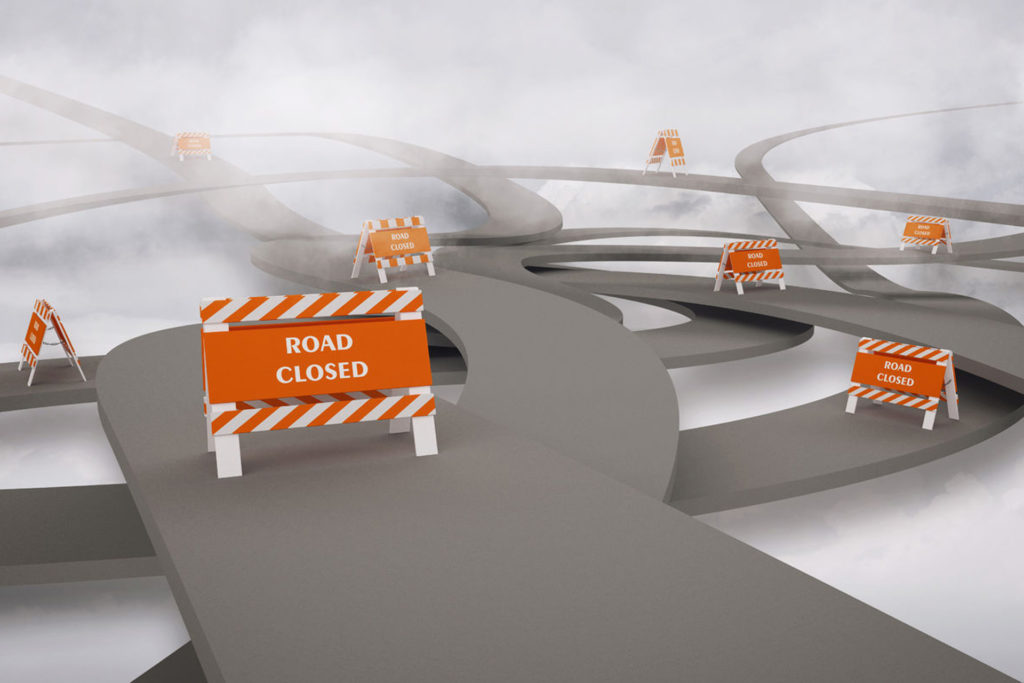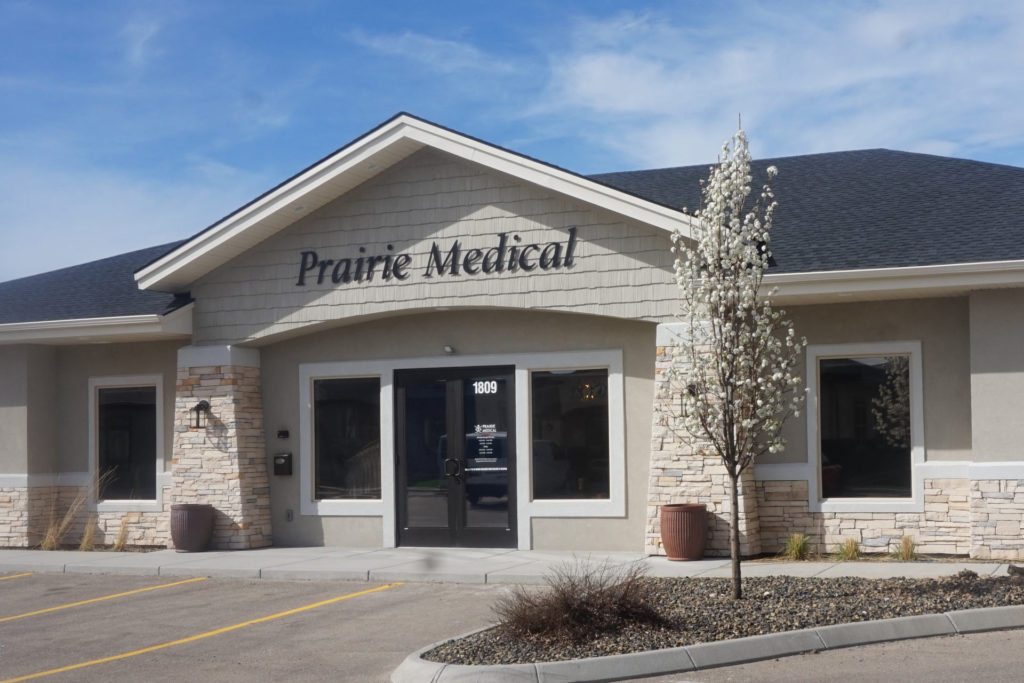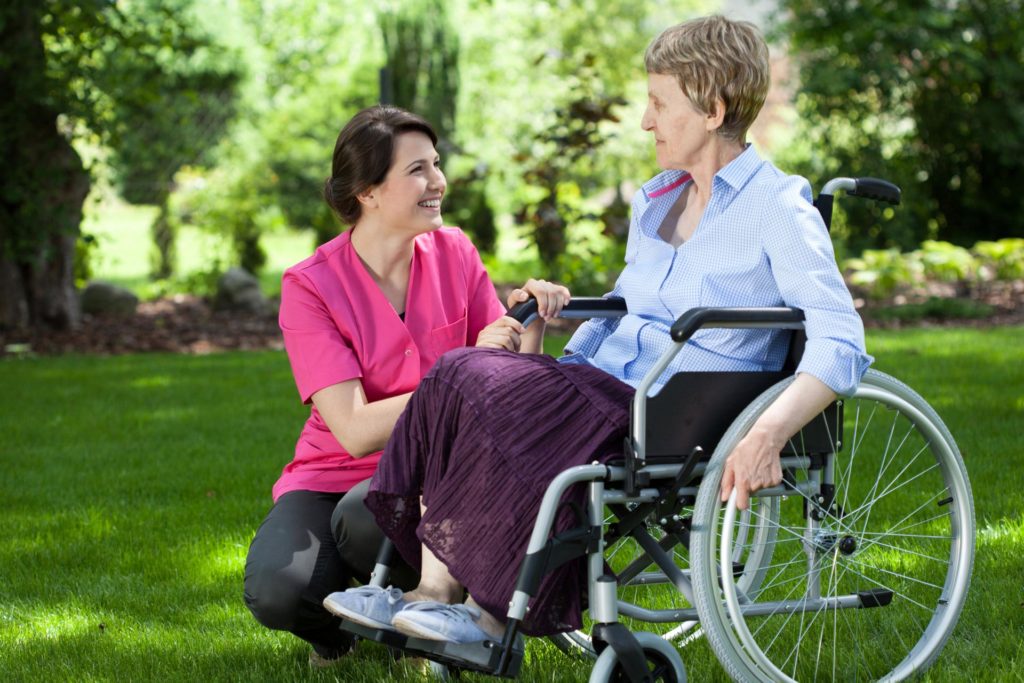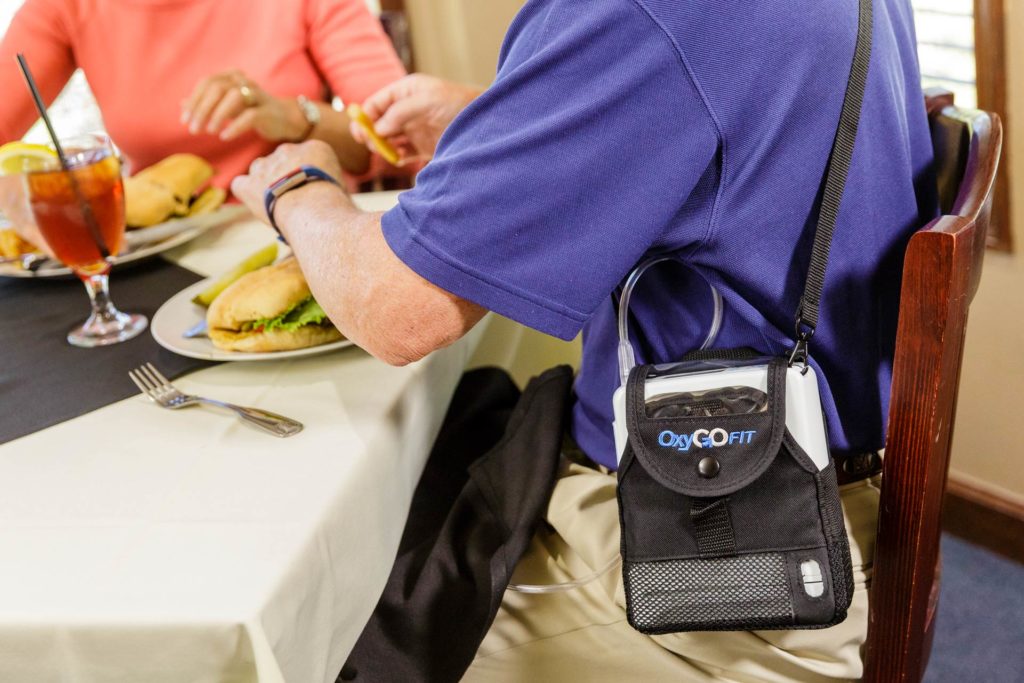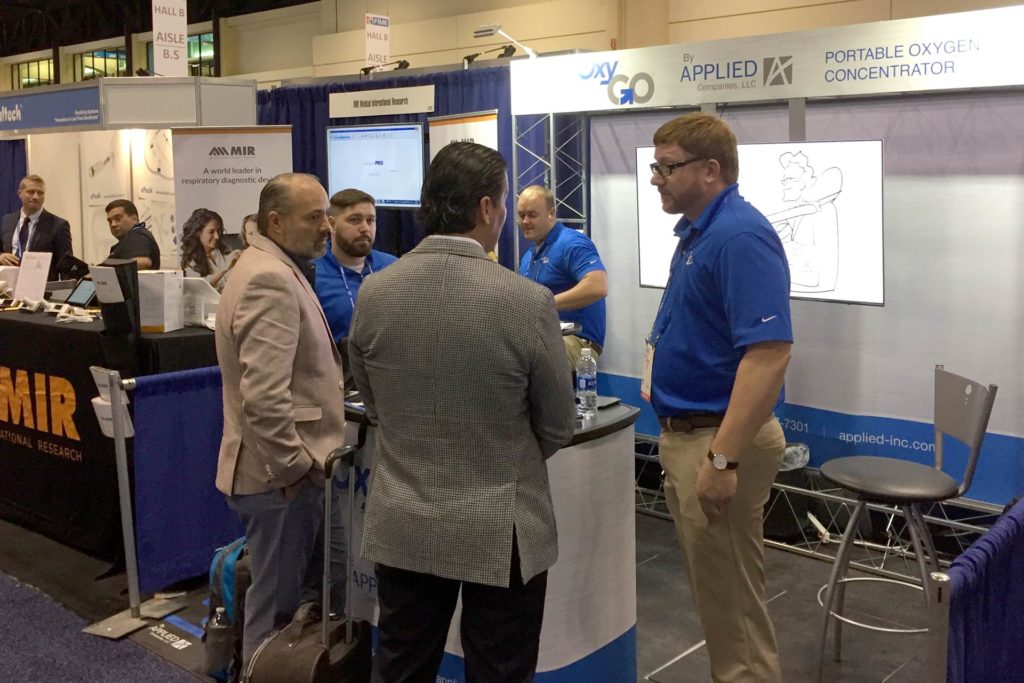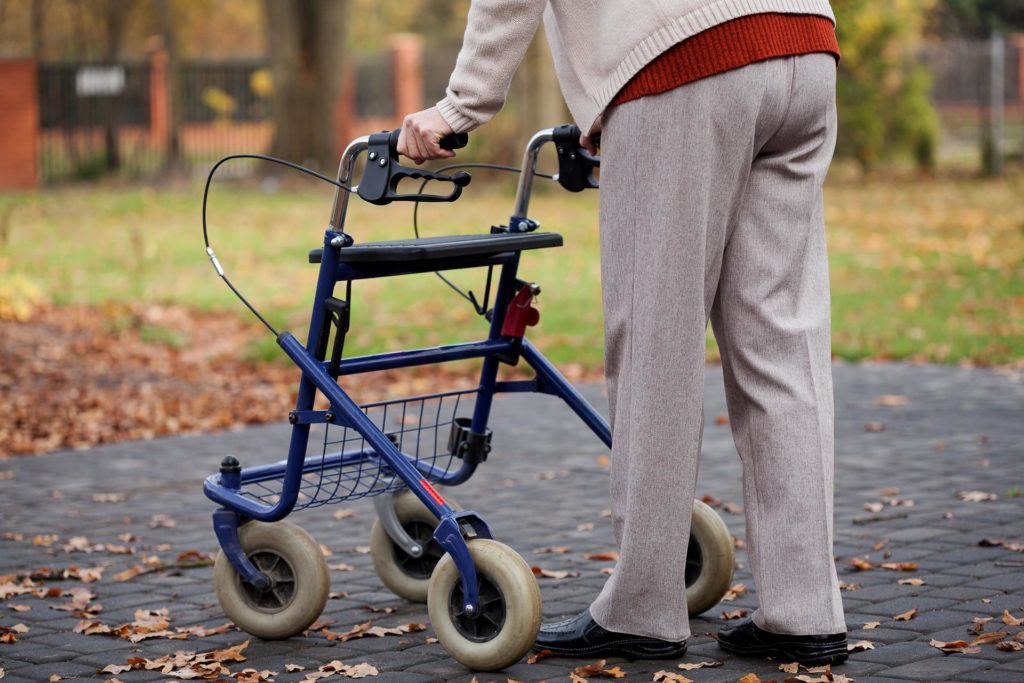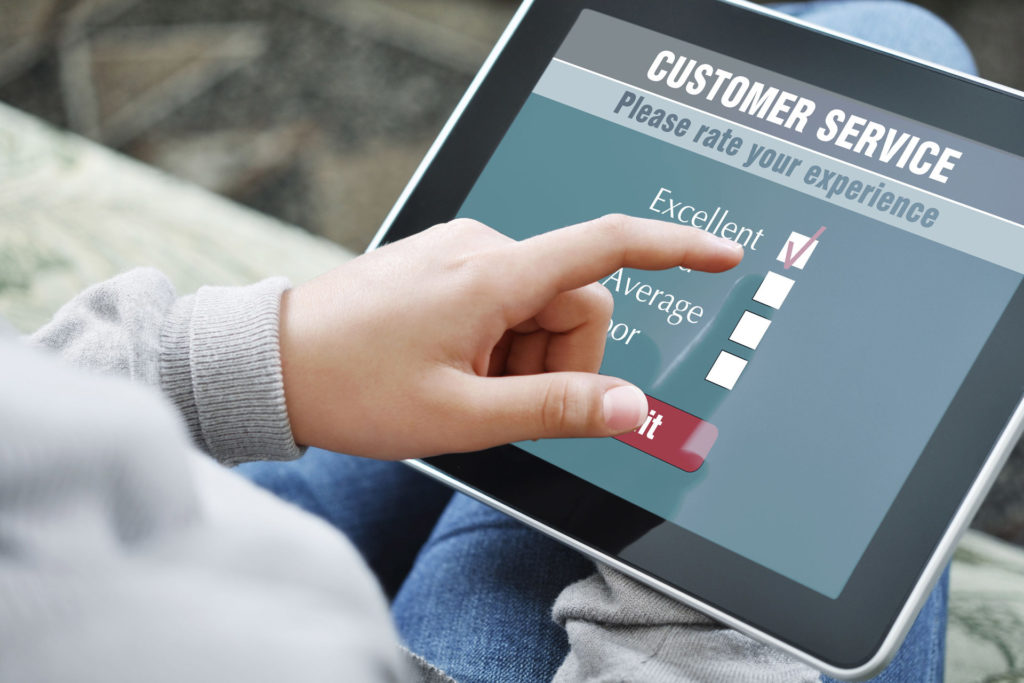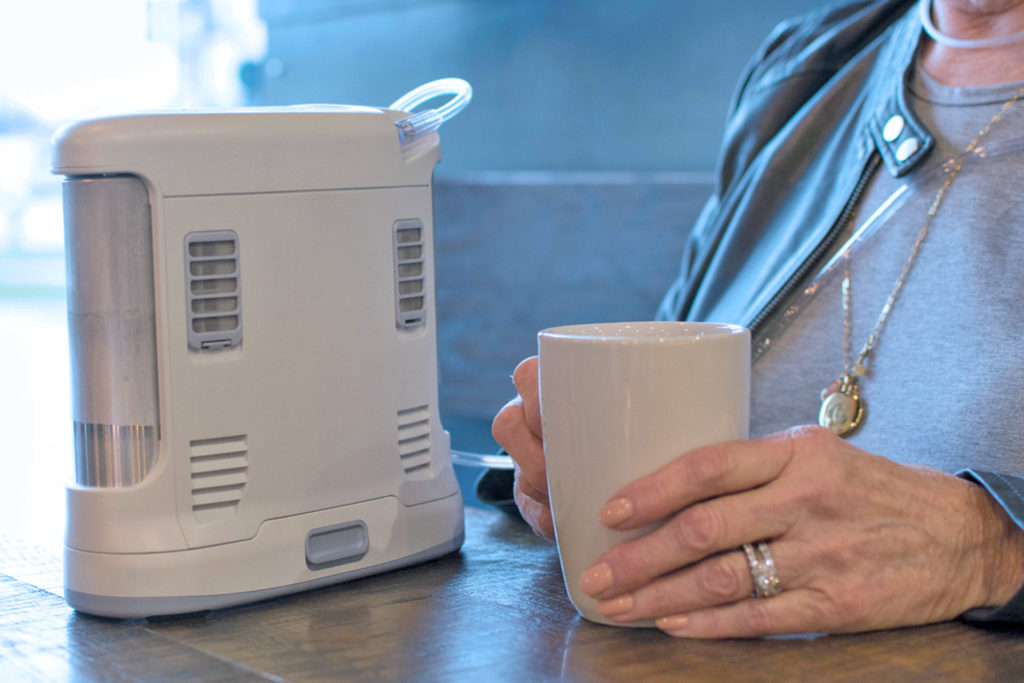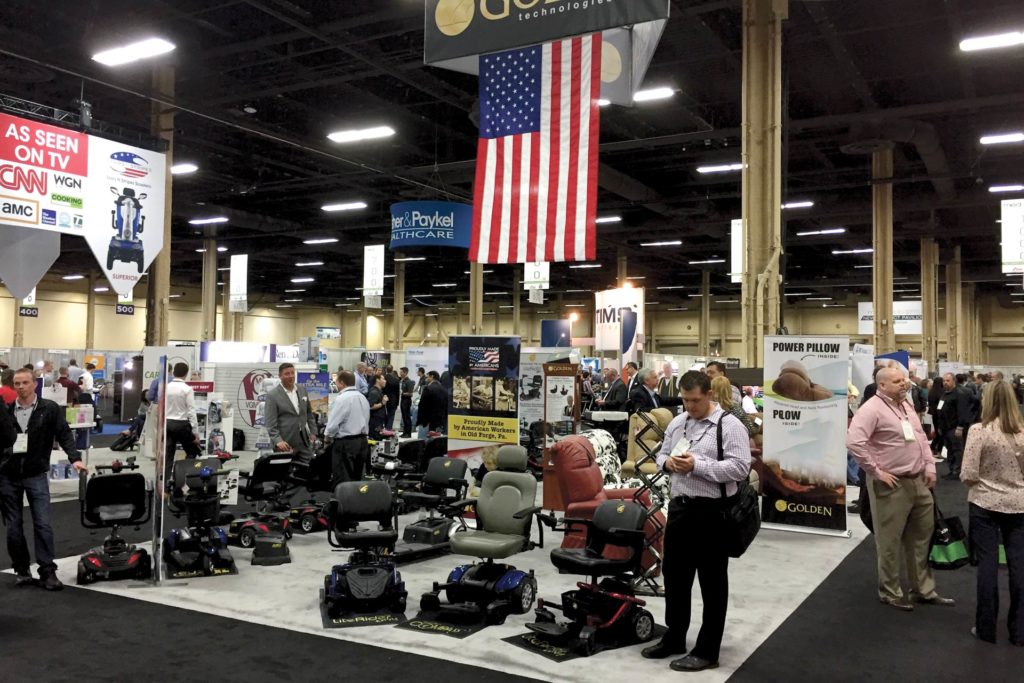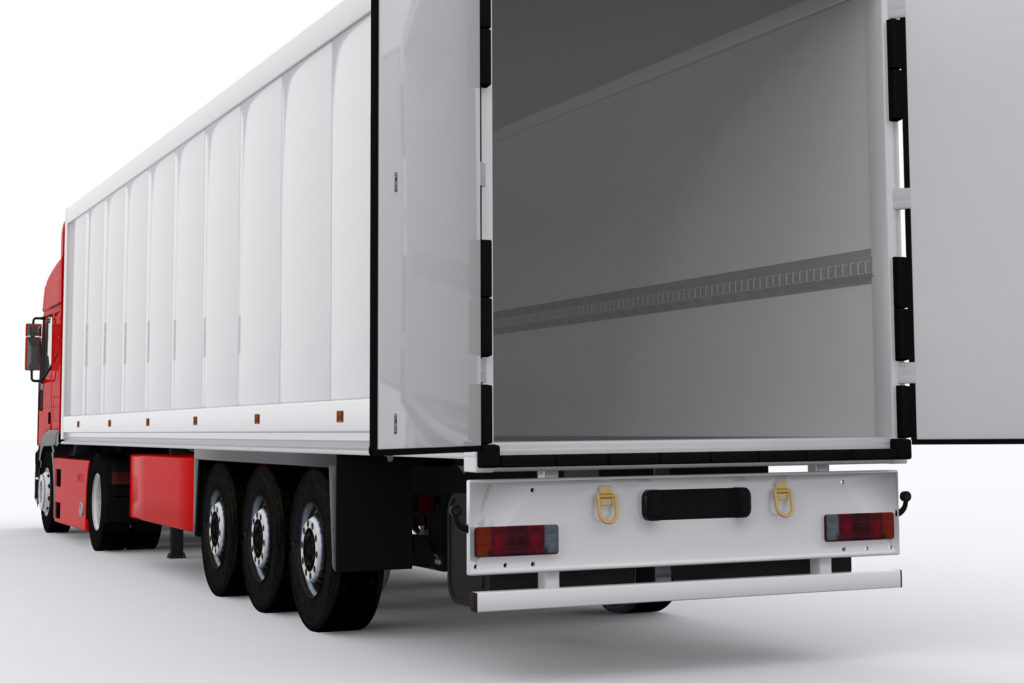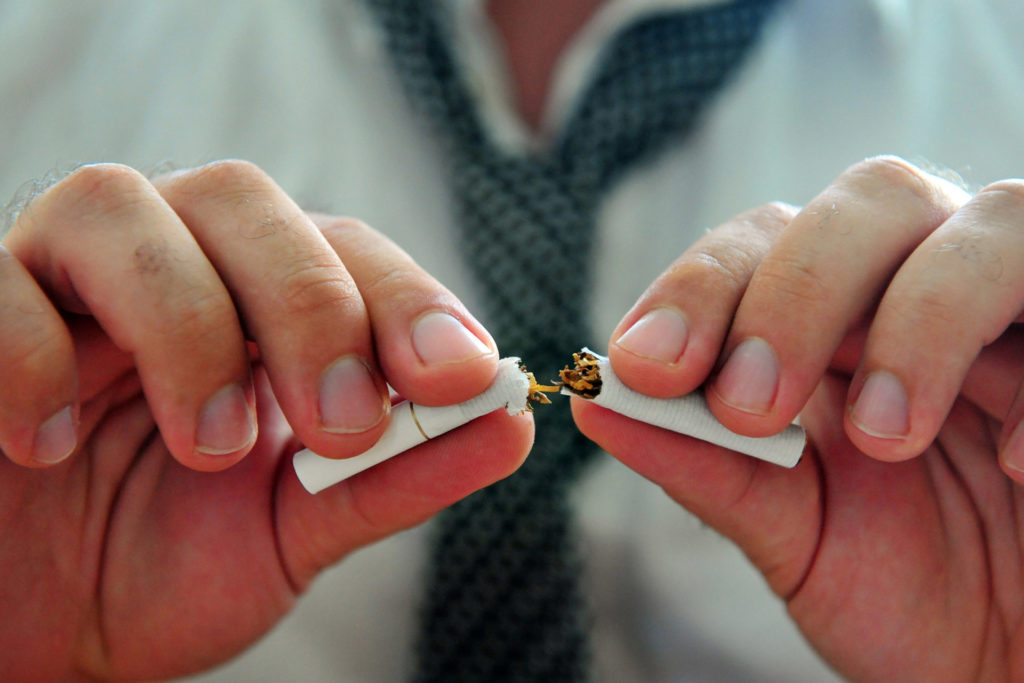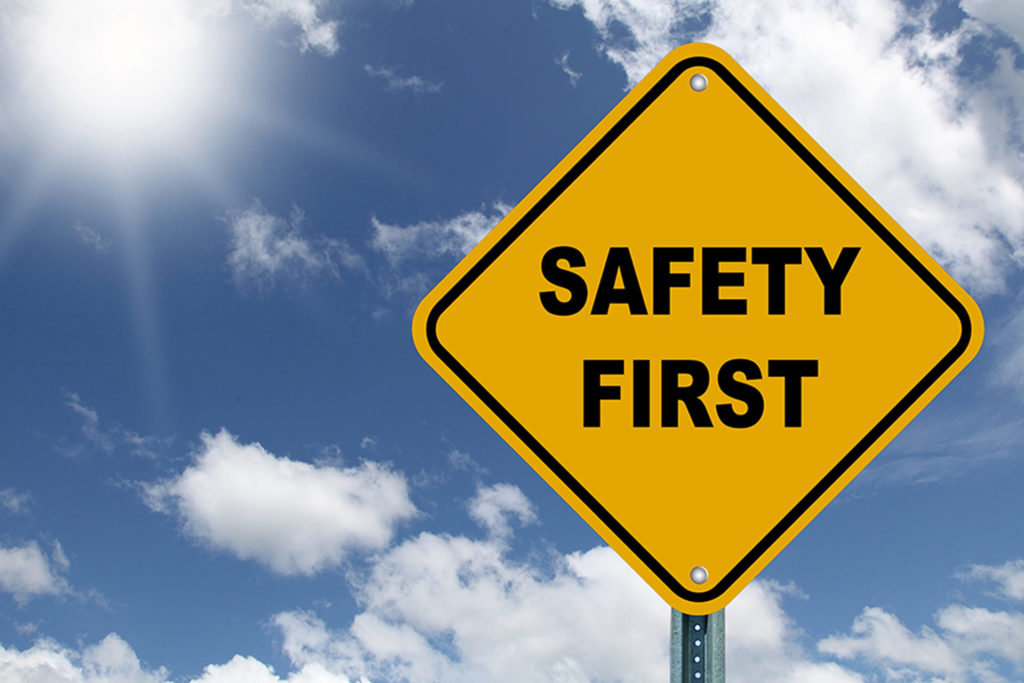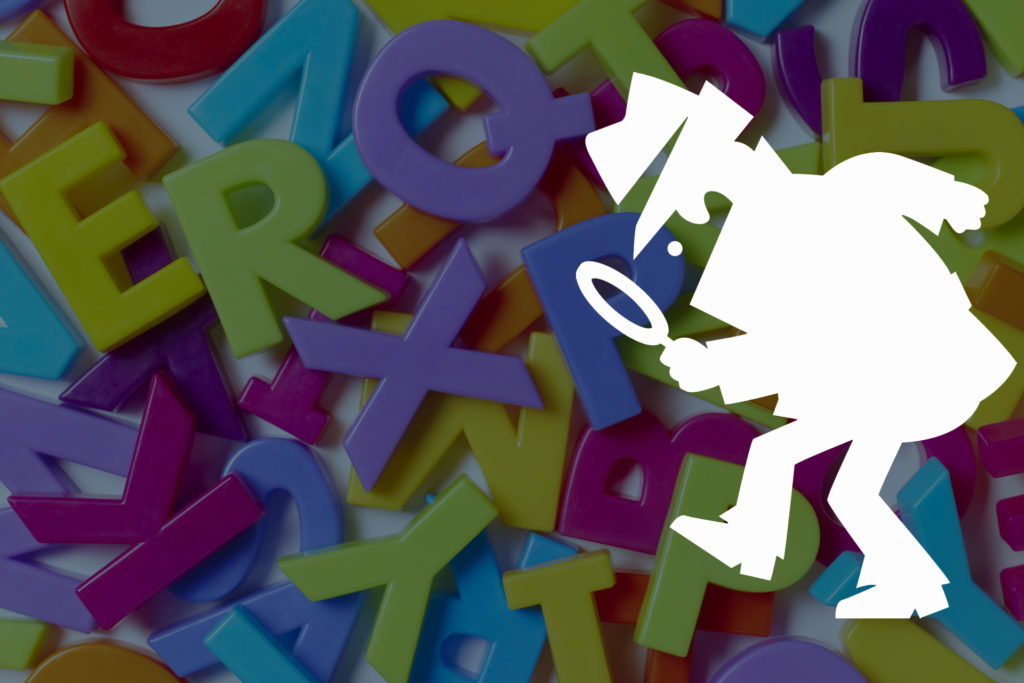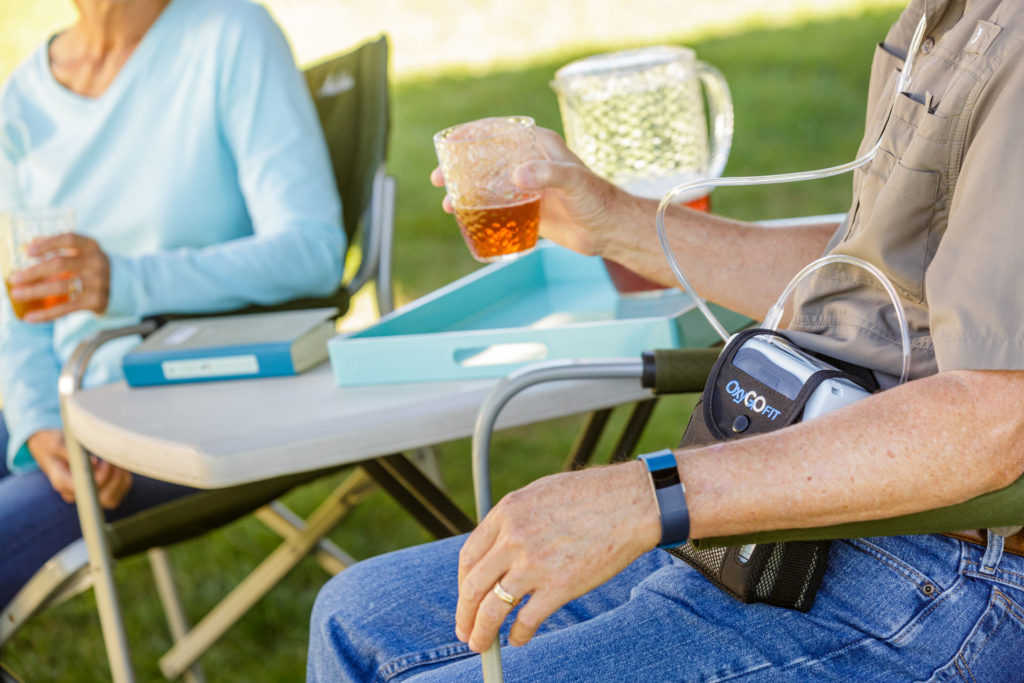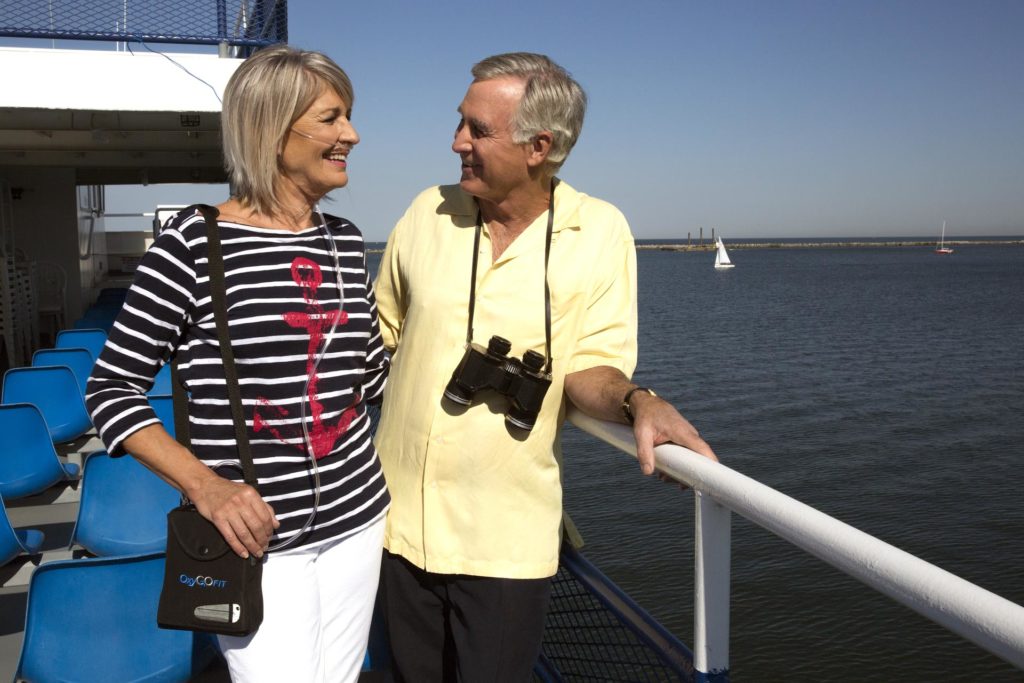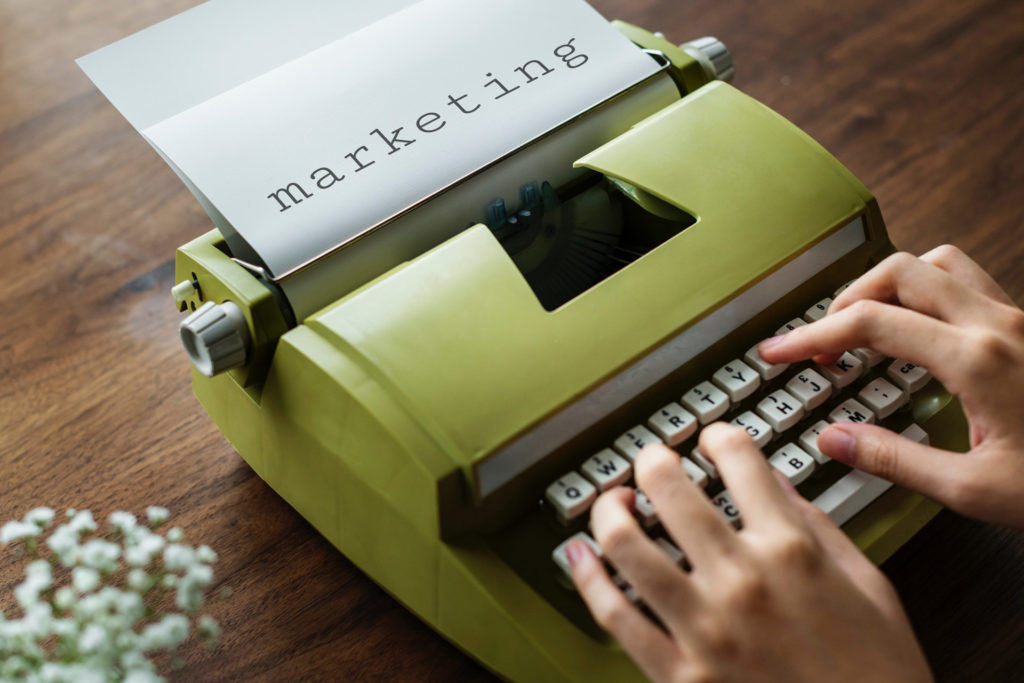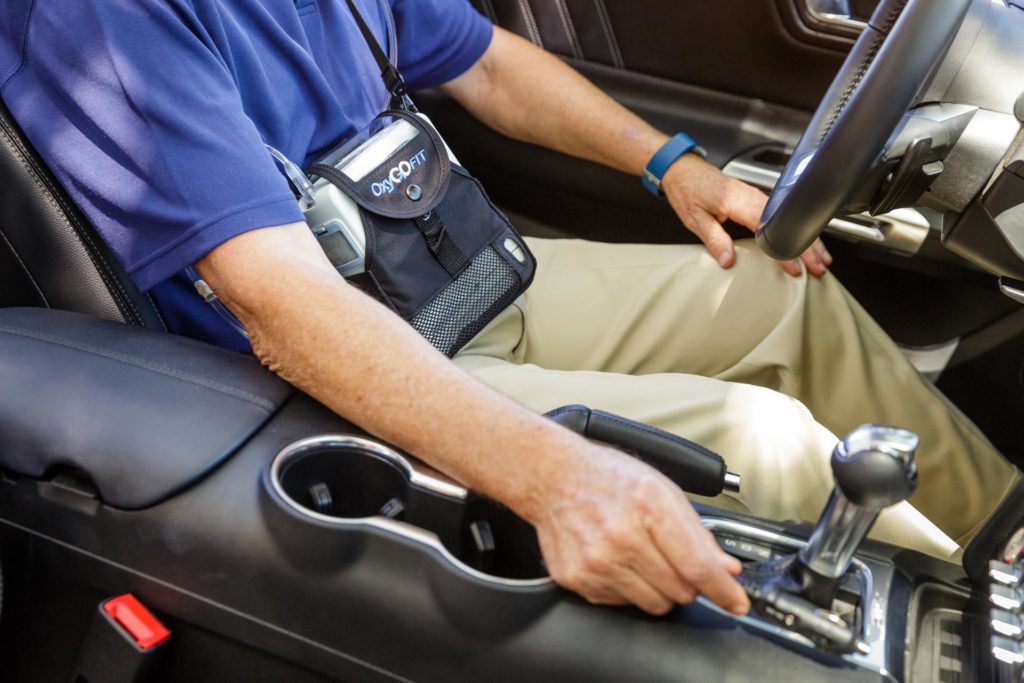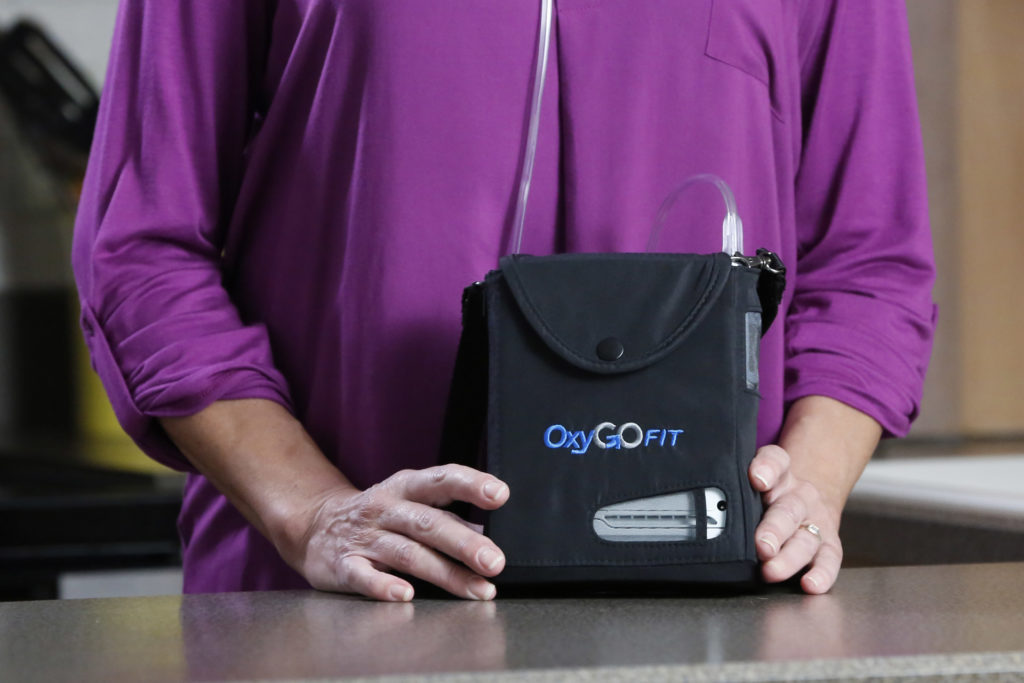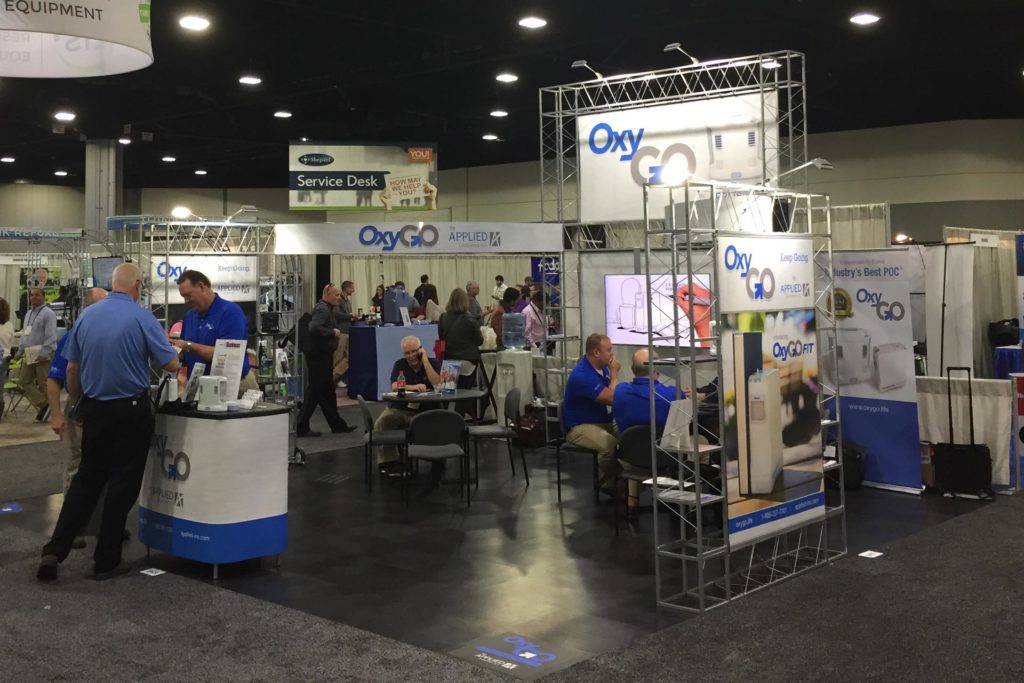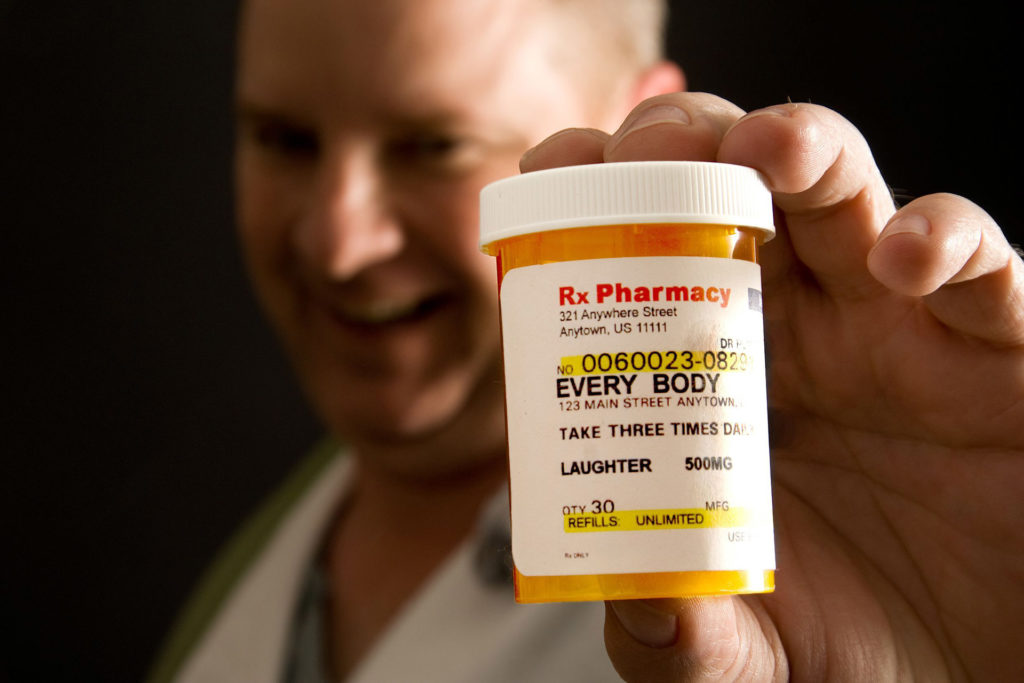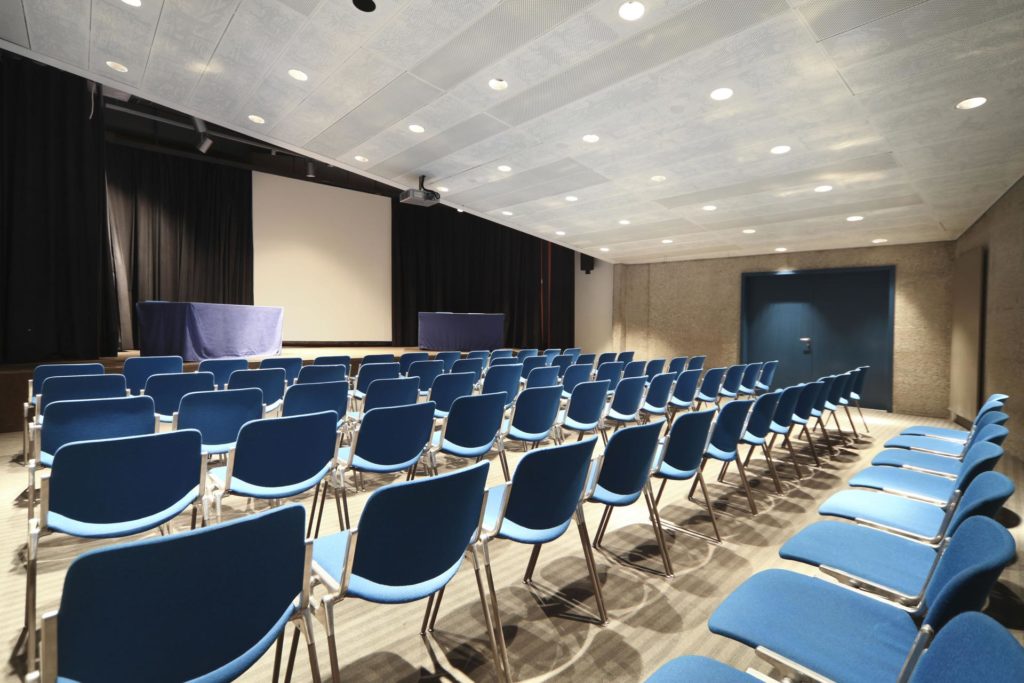Author: Victoria Marquard-Schultz
Trust Your Gut to Make the Right Choice
You may have heard of The Centipede’s Dilemma: A centipede was happy – quite! Until a toad in fun Said, “Pray, which leg moves after which?” This raised her doubts to such a pitch, She fell exhausted in the ditch Not knowing how to run. An ancient Chinese philosopher I studied in college had simple advice: “Your first or second choice is probably your best choice.” Don’t overthink. Go with your gut feeling. Don’t waste your time thinking of too many alternatives. If you are buying a car, for example, and your first color choices are red and blue, don’t waste your time looking at yellow or orange or silver. Your happiest decision, the decision that is most likely to end up being the right decision for you, is red or blue. Translated into today’s world, this means listen to your instincts. Give your first impressions strong weight, as they are most often correct. Do I hire this person? Do I buy this house? Do I buy this car? Do I go ahead with the deal? Your gut feel is based on your personal life experiences. The more you experience the more accurate your guts become. While gut feelings are not a perfect science for decision-making, it always pays to give weight to a voice that tells you with close to certainty what the right course of action is to take. We hope when it comes to recommending POCs to your patients
Does Today's Technology Make You Feel Lonely?
I was listening to some “oldies but goodies” on the radio recently and lyrics from Roy Orbison’s “Only the Lonely” (1960) have been sticking in my mind … Only the lonely (dum-dum-dum-dumdy-doo-wah) Know the way I feel tonight (ooh-yay-yay-yay-yeah) Only the lonely (dum-dum-dum-dumdy-doo-wah) Know this feelin’ ain’t right (dum-dum-dum-dumdy-doo-wah) Those lyrics resonate with me because, in many ways, today’s technology can make you feel lonelier than ever. It’s supposed to make you feel more connected—but does it? This is a peculiar kind of loneliness where technology allows you to tune out those around you and isolate yourself in the endless sea of Google. I see people buried in their cell phones in restaurants, on planes, in their cars, even at Disney World with their kids on rides. You’ve probably seen it happen dozens of times in your DME stores. And as Roy sang it, you probably have a sense every now and then that “this feelin’ ain’t right”. But there’s hope! You never have to feel lonely with OxyGo®. We are with you 24/7. If you have a POC question and can’t get in touch with one of our reps, call me on my direct line: 440-788-4099. As OxyGo’s Managing Director, my highest priority is always to take care of you first. And feel free to c
Recognizing the Famous… and Not So Famous
I was intrigued by an article I read recently in Cristaux, a design & manufacturing company with a global vision that specializes in custom awards and other high-end forms of recognition. It rated the most famous awards in the world that annually bestow recognition and fame on their recipients. You may not be familiar with all of them… you may disagree with the rankings… but you probably have heard of many of them. 1: The Nobel Prize — multiple categories such as medicine, literature, chemistry, physics and many more. 2: The Booker Prize — Britain’s most prestigious literary award. 3: The Academy Awards — A billion viewers worldwide watch the Oscars handed out to actors, directors and best movies of the year. 4: The BAFTA Awards — The UK equivalent of the Emmys honors film and TV achievements. 5: The Palme d’Or — The most prestigious prize at the Cannes Film Festival. Recognition of hard work and talent counts! Awards presented within your own DME business will not be seen by millions—but they will inspire! I have seen studies that show recognition provided to workers and associates on the job is more important than monetary compensation. There are times when more than just a “thank you” is needed to match the impact of a person’s efforts. Here are four reasons to give r
Affordable Patient Financing
It’s no secret that most home healthcare providers spend an inordinate amount time engaging various payors on behalf of their patients. Billing insurance… following up with insurance… checking billing codes… and answering patients as to why their much-needed equipment is taking so long to get to them… it all can be very frustrating. In this day and age of the "Silver Tsunami" and competitive bidding, many patients (or children of patients) are willing and want to purchase their own equipment. Most patients will use their equipment daily—if not constantly (as is the case with portable oxygen concentrators)—and want to have the best of the best. But sometimes they can’t pay cash. So how can a provider give patients what they want without losing money due to bidding? The answer is to offer your patients smart financing they can afford. Patients may have traditional credit cards but may not want to use them for a variety of reasons. That’s why many providers offer two modern types of financing for patients: CareCredit and OxyCare TOTAL Advantage™. Care Credit The Care Credit Card is different from Visa, Master Card, American Express, and Discover cards because its focus is strictly on medical care. It helps your patients pay for out-of-pocket expenses not covered by medical insurance by extending flexible
The Art of "Please" and "Thank You"
The late great Alabama football coach Bear Bryant once made an observation always worth remembering: “It doesn’t cost anything to be nice to people.” This comes to mind because one of our writers recently visited a Florida based DME to purchase CPAP related equipment. The sale went through, the equipment was purchased, the mission was accomplished… Or was it? The writer will never purchase from that particular DME again. Why? Because he said basic manners were missing from that provider. The phones were ringing and the sales person kept him waiting while answering them. In the end the sale was made, but it was made in a hurry. And worst of all, our writer reports no one ever thanked him for his business, no one welcomed him to that store, no one ever said “Please, may I help you?” One of my English teachers once suggested that the three most important words in the English language might well be “Please” and “Thank you.” Yet she noted a sense that they were becoming archaic in our vocabulary. It costs nothing to say “Please” and it costs nothing to say “Thank You.” Yet more and more, it’s hard not to notice that people around us are frequently forgetting to say those simple words. Perhaps it is because our lives are so stressful and busy today that many of us forget basic manners under press
‘Hail’ to Keeping All Your Patients Going!
Jim Harbaugh, the football coach at my alma mater, the University of Michigan, has a favorite saying: “Attack each day with an enthusiasm unknown to mankind.” People I know who know Jim tell me that motto describes Jim perfectly. He is always upbeat, his glass is always half full, he is always looking at each new day as an opportunity to do better than the day before. And he wins big wherever he goes: at the University of San Diego... at Stanford... with the San Francisco 49ers... and now with Michigan. The dictionary defines “enthusiasm” as an occupation, activity or pursuit in which interest is shown. If you and your healthcare associates are enthusiastic — it’s like winning. The food tastes better. The days go quicker. More effective leadership. So take a lesson from Jim. Find a reason or multiple reasons to be enthusiastic. They are always there, but sometimes you need to choose to see them. At OxyGo, for example, we are super enthusiastic about our new OxyCare Total Advantage™ patient financing program. We know it will help increase your POC sales dramatically. Your customers who prefer small monthly payments will be able to walk out the door with an OxyGo unit they might not otherwise have been able to afford. Payments can be as low as $63 a month. And talk about a reason to be enthusia
Is Filling Your Own Cylinders Still the Best Option?
In a world where everything keeps getting more expensive, and portable concentrators seem to the be the next big thing, you may stop and think: Do I need to use oxygen cylinders? The short answer is YES. The long answer is YES … AND you should be filling your own. Let me tell you why. Oxygen cylinders are still a necessity because not every patient’s prescription can be served by an oxygen concentrator, and cylinders are the only option if there is a power outage. This may seem like you are stuck paying high prices to buy cylinders from another company so that you can service your patients. But you aren’t. You can fill your own. And it’s really not that hard. At first it might seem daunting, but let me give you an analogy that can help explain why it’s got a big pay off. Imagine you had to eat out for every meal. You’d be stuck paying quite a bit of money for your food, and you wouldn’t have any control of when you could eat (is the restaurant open 24/7?) or what’s in your food (I asked for no onion on this burger, but I am pretty sure I see one under this cheese…). But if you could cook your meals, you’d save quite a bit of money buying and cooking your own food; plus you could eat whenever you like and know exactly what’s in it. This is just like filling your own cylinders. At first it might see
The World’s Shortest Definition of Economics
Once upon a time, in a kingdom far away from audits and competitive bidding, there lived a king and his beautiful daughter, Lysandra. Angry one day at his inability to understand economic theory, the king summoned his top three economic advisors to a summit and announced a contest of extreme importance. “You have three weeks to deliver to me the world’s shortest definition of economics that I can understand,” said the king. The prize to you will be my daughter, Lysandra, in marriage. But be advised: if the definition of economics you give me is too long and complicated, I will have your head chopped off,” warned the king. In three weeks the advisors all assembled with their definitions. Advisor #1 went first and presented the king with a single page document that explained every facet of economics in one page. But after trying to understand it, the king exploded in a rage and yelled: “Off with his head.” Advisor #2 went next and gave the king a single paragraph. However, it still stumped the king and ended with the king’s request to chop off his head as well. But when Advisor #3 gave the king a one-sentence explanation of everything there was to know about economics, a smile formed on the king’s face. “You have won!” shouted the king. “You may marry Lysandra because you have taught me all I will ever need to know abou
Four Tech Predictions That Failed — And One That’s On-The-Money!
The crystal ball business can be tricky. This is especially true when it comes to predicting the degree to which new commercial technology will be accepted by the general public. Sometimes even the smartest of the smart miss the boat badly in their predictions. Consider, for example, these four famous pronouncements: 1 — “TV will never be a serious competitor for radio because people must sit and keep their eyes glued on a screen; the average American family hasn’t time for it.” ~ The New York Times 2 — “There is no reason anyone would want a computer in their home.” ~ Ken Olson, president, chairman and founder of Digital Equipment Corp. (DEC), maker of big business mainframe computers, arguing against the PC in 1977. 3 — “There is practically no chance communications space satellites will be used to provide better telephone, telegraph, television, or radio service inside the United States.” ~ T. Craven, FCC Commissioner, in 1961 (the first commercial communications satellite went into service in 1965). 4 — “Everyone’s always asking me when Apple will come out with a cell phone. My answer is, ‘Probably never.’” ~ Tech columnist David Pogue (2006) As we look back at these and other wildly off-the-mark predictions, it’s easy to laugh. Hindsight is always 20/20. Predicting the future is risky. But of one trend in healthcare I am certain. The battle fo
Smaller. Lighter. Better. | Home HealthCare Today
A Paradigm Shift Worth Noting Bigger is NOT better when it comes to most home healthcare products. Medical device miniaturization is one of the cutting edge benefits home healthcare providers are able to offer their patients today on multiple fronts. The design and miniaturization of medical devices has undergone a paradigm shift in cost and utility which has revolutionized the home healthcare consumer products you sell or should be selling. Driven by the semiconductor industry’s ability to reduce chip size and increase performance, miniaturization is significantly improving patient care. As medical devices become smaller and more portable, consumers notice. The same technologies that drove the shrinkage of computers and phones have fueled a vast array of medical equipment development. If you are in the business of selling home oxygen, I hope you have noticed our latest product, the OxyGo FIT™. It’s the lightest POC on the market and it makes your patients’ lives better. At the same it brings in big bucks for your bottom line. You will find more information on the OxyGo FIT in ads and articles throughout this magazine. We would love to hear your success story with an OxyGo® POC or other Applied oxygen related products that you sell. Send it to me at vmarquard@applied-inc.com. If we publish it, I’ll send you a choice of receiving either a $250 Amazon gift card or a $250 discount off any of our
Blog - Author: Victoria Marquard Schultz
Author: Victoria Marquard-Schultz
Trust Your Gut to Make the Right Choice
You may have heard of The Centipede’s Dilemma: A centipede was happy – quite! Until a toad in fun Said, “Pray, which leg moves after which?” This raised her doubts to such a pitch, She fell exhausted in the ditch Not knowing how to run. An ancient Chinese philosopher I studied in college had simple advice: “Your first or second choice is probably your best choice.” Don’t overthink. Go with your gut feeling. Don’t waste your time thinking of too many alternatives. If you are buying a car, for example, and your first color choices are red and blue, don’t waste your time looking at yellow or orange or silver. Your happiest decision, the decision that is most likely to end up being the right decision for you, is red or blue. Translated into today’s world, this means listen to your instincts. Give your first impressions strong weight, as they are most often correct. Do I hire this person? Do I buy this house? Do I buy this car? Do I go ahead with the deal? Your gut feel is based on your personal life experiences. The more you experience the more accurate your guts become. While gut feelings are not a perfect science for decision-making, it always pays to give weight to a voice that tells you with close to certainty what the right course of action is to take. We hope when it comes to recommending POCs to your patients
Does Today's Technology Make You Feel Lonely?
I was listening to some “oldies but goodies” on the radio recently and lyrics from Roy Orbison’s “Only the Lonely” (1960) have been sticking in my mind … Only the lonely (dum-dum-dum-dumdy-doo-wah) Know the way I feel tonight (ooh-yay-yay-yay-yeah) Only the lonely (dum-dum-dum-dumdy-doo-wah) Know this feelin’ ain’t right (dum-dum-dum-dumdy-doo-wah) Those lyrics resonate with me because, in many ways, today’s technology can make you feel lonelier than ever. It’s supposed to make you feel more connected—but does it? This is a peculiar kind of loneliness where technology allows you to tune out those around you and isolate yourself in the endless sea of Google. I see people buried in their cell phones in restaurants, on planes, in their cars, even at Disney World with their kids on rides. You’ve probably seen it happen dozens of times in your DME stores. And as Roy sang it, you probably have a sense every now and then that “this feelin’ ain’t right”. But there’s hope! You never have to feel lonely with OxyGo®. We are with you 24/7. If you have a POC question and can’t get in touch with one of our reps, call me on my direct line: 440-788-4099. As OxyGo’s Managing Director, my highest priority is always to take care of you first. And feel free to c
Recognizing the Famous… and Not So Famous
I was intrigued by an article I read recently in Cristaux, a design & manufacturing company with a global vision that specializes in custom awards and other high-end forms of recognition. It rated the most famous awards in the world that annually bestow recognition and fame on their recipients. You may not be familiar with all of them… you may disagree with the rankings… but you probably have heard of many of them. 1: The Nobel Prize — multiple categories such as medicine, literature, chemistry, physics and many more. 2: The Booker Prize — Britain’s most prestigious literary award. 3: The Academy Awards — A billion viewers worldwide watch the Oscars handed out to actors, directors and best movies of the year. 4: The BAFTA Awards — The UK equivalent of the Emmys honors film and TV achievements. 5: The Palme d’Or — The most prestigious prize at the Cannes Film Festival. Recognition of hard work and talent counts! Awards presented within your own DME business will not be seen by millions—but they will inspire! I have seen studies that show recognition provided to workers and associates on the job is more important than monetary compensation. There are times when more than just a “thank you” is needed to match the impact of a person’s efforts. Here are four reasons to give r
Affordable Patient Financing
It’s no secret that most home healthcare providers spend an inordinate amount time engaging various payors on behalf of their patients. Billing insurance… following up with insurance… checking billing codes… and answering patients as to why their much-needed equipment is taking so long to get to them… it all can be very frustrating. In this day and age of the "Silver Tsunami" and competitive bidding, many patients (or children of patients) are willing and want to purchase their own equipment. Most patients will use their equipment daily—if not constantly (as is the case with portable oxygen concentrators)—and want to have the best of the best. But sometimes they can’t pay cash. So how can a provider give patients what they want without losing money due to bidding? The answer is to offer your patients smart financing they can afford. Patients may have traditional credit cards but may not want to use them for a variety of reasons. That’s why many providers offer two modern types of financing for patients: CareCredit and OxyCare TOTAL Advantage™. Care Credit The Care Credit Card is different from Visa, Master Card, American Express, and Discover cards because its focus is strictly on medical care. It helps your patients pay for out-of-pocket expenses not covered by medical insurance by extending flexible
The Art of "Please" and "Thank You"
The late great Alabama football coach Bear Bryant once made an observation always worth remembering: “It doesn’t cost anything to be nice to people.” This comes to mind because one of our writers recently visited a Florida based DME to purchase CPAP related equipment. The sale went through, the equipment was purchased, the mission was accomplished… Or was it? The writer will never purchase from that particular DME again. Why? Because he said basic manners were missing from that provider. The phones were ringing and the sales person kept him waiting while answering them. In the end the sale was made, but it was made in a hurry. And worst of all, our writer reports no one ever thanked him for his business, no one welcomed him to that store, no one ever said “Please, may I help you?” One of my English teachers once suggested that the three most important words in the English language might well be “Please” and “Thank you.” Yet she noted a sense that they were becoming archaic in our vocabulary. It costs nothing to say “Please” and it costs nothing to say “Thank You.” Yet more and more, it’s hard not to notice that people around us are frequently forgetting to say those simple words. Perhaps it is because our lives are so stressful and busy today that many of us forget basic manners under press
‘Hail’ to Keeping All Your Patients Going!
Jim Harbaugh, the football coach at my alma mater, the University of Michigan, has a favorite saying: “Attack each day with an enthusiasm unknown to mankind.” People I know who know Jim tell me that motto describes Jim perfectly. He is always upbeat, his glass is always half full, he is always looking at each new day as an opportunity to do better than the day before. And he wins big wherever he goes: at the University of San Diego... at Stanford... with the San Francisco 49ers... and now with Michigan. The dictionary defines “enthusiasm” as an occupation, activity or pursuit in which interest is shown. If you and your healthcare associates are enthusiastic — it’s like winning. The food tastes better. The days go quicker. More effective leadership. So take a lesson from Jim. Find a reason or multiple reasons to be enthusiastic. They are always there, but sometimes you need to choose to see them. At OxyGo, for example, we are super enthusiastic about our new OxyCare Total Advantage™ patient financing program. We know it will help increase your POC sales dramatically. Your customers who prefer small monthly payments will be able to walk out the door with an OxyGo unit they might not otherwise have been able to afford. Payments can be as low as $63 a month. And talk about a reason to be enthusia
Is Filling Your Own Cylinders Still the Best Option?
In a world where everything keeps getting more expensive, and portable concentrators seem to the be the next big thing, you may stop and think: Do I need to use oxygen cylinders? The short answer is YES. The long answer is YES … AND you should be filling your own. Let me tell you why. Oxygen cylinders are still a necessity because not every patient’s prescription can be served by an oxygen concentrator, and cylinders are the only option if there is a power outage. This may seem like you are stuck paying high prices to buy cylinders from another company so that you can service your patients. But you aren’t. You can fill your own. And it’s really not that hard. At first it might seem daunting, but let me give you an analogy that can help explain why it’s got a big pay off. Imagine you had to eat out for every meal. You’d be stuck paying quite a bit of money for your food, and you wouldn’t have any control of when you could eat (is the restaurant open 24/7?) or what’s in your food (I asked for no onion on this burger, but I am pretty sure I see one under this cheese…). But if you could cook your meals, you’d save quite a bit of money buying and cooking your own food; plus you could eat whenever you like and know exactly what’s in it. This is just like filling your own cylinders. At first it might see
The World’s Shortest Definition of Economics
Once upon a time, in a kingdom far away from audits and competitive bidding, there lived a king and his beautiful daughter, Lysandra. Angry one day at his inability to understand economic theory, the king summoned his top three economic advisors to a summit and announced a contest of extreme importance. “You have three weeks to deliver to me the world’s shortest definition of economics that I can understand,” said the king. The prize to you will be my daughter, Lysandra, in marriage. But be advised: if the definition of economics you give me is too long and complicated, I will have your head chopped off,” warned the king. In three weeks the advisors all assembled with their definitions. Advisor #1 went first and presented the king with a single page document that explained every facet of economics in one page. But after trying to understand it, the king exploded in a rage and yelled: “Off with his head.” Advisor #2 went next and gave the king a single paragraph. However, it still stumped the king and ended with the king’s request to chop off his head as well. But when Advisor #3 gave the king a one-sentence explanation of everything there was to know about economics, a smile formed on the king’s face. “You have won!” shouted the king. “You may marry Lysandra because you have taught me all I will ever need to know abou
Four Tech Predictions That Failed — And One That’s On-The-Money!
The crystal ball business can be tricky. This is especially true when it comes to predicting the degree to which new commercial technology will be accepted by the general public. Sometimes even the smartest of the smart miss the boat badly in their predictions. Consider, for example, these four famous pronouncements: 1 — “TV will never be a serious competitor for radio because people must sit and keep their eyes glued on a screen; the average American family hasn’t time for it.” ~ The New York Times 2 — “There is no reason anyone would want a computer in their home.” ~ Ken Olson, president, chairman and founder of Digital Equipment Corp. (DEC), maker of big business mainframe computers, arguing against the PC in 1977. 3 — “There is practically no chance communications space satellites will be used to provide better telephone, telegraph, television, or radio service inside the United States.” ~ T. Craven, FCC Commissioner, in 1961 (the first commercial communications satellite went into service in 1965). 4 — “Everyone’s always asking me when Apple will come out with a cell phone. My answer is, ‘Probably never.’” ~ Tech columnist David Pogue (2006) As we look back at these and other wildly off-the-mark predictions, it’s easy to laugh. Hindsight is always 20/20. Predicting the future is risky. But of one trend in healthcare I am certain. The battle fo
Smaller. Lighter. Better. | Home HealthCare Today
A Paradigm Shift Worth Noting Bigger is NOT better when it comes to most home healthcare products. Medical device miniaturization is one of the cutting edge benefits home healthcare providers are able to offer their patients today on multiple fronts. The design and miniaturization of medical devices has undergone a paradigm shift in cost and utility which has revolutionized the home healthcare consumer products you sell or should be selling. Driven by the semiconductor industry’s ability to reduce chip size and increase performance, miniaturization is significantly improving patient care. As medical devices become smaller and more portable, consumers notice. The same technologies that drove the shrinkage of computers and phones have fueled a vast array of medical equipment development. If you are in the business of selling home oxygen, I hope you have noticed our latest product, the OxyGo FIT™. It’s the lightest POC on the market and it makes your patients’ lives better. At the same it brings in big bucks for your bottom line. You will find more information on the OxyGo FIT in ads and articles throughout this magazine. We would love to hear your success story with an OxyGo® POC or other Applied oxygen related products that you sell. Send it to me at vmarquard@applied-inc.com. If we publish it, I’ll send you a choice of receiving either a $250 Amazon gift card or a $250 discount off any of our





